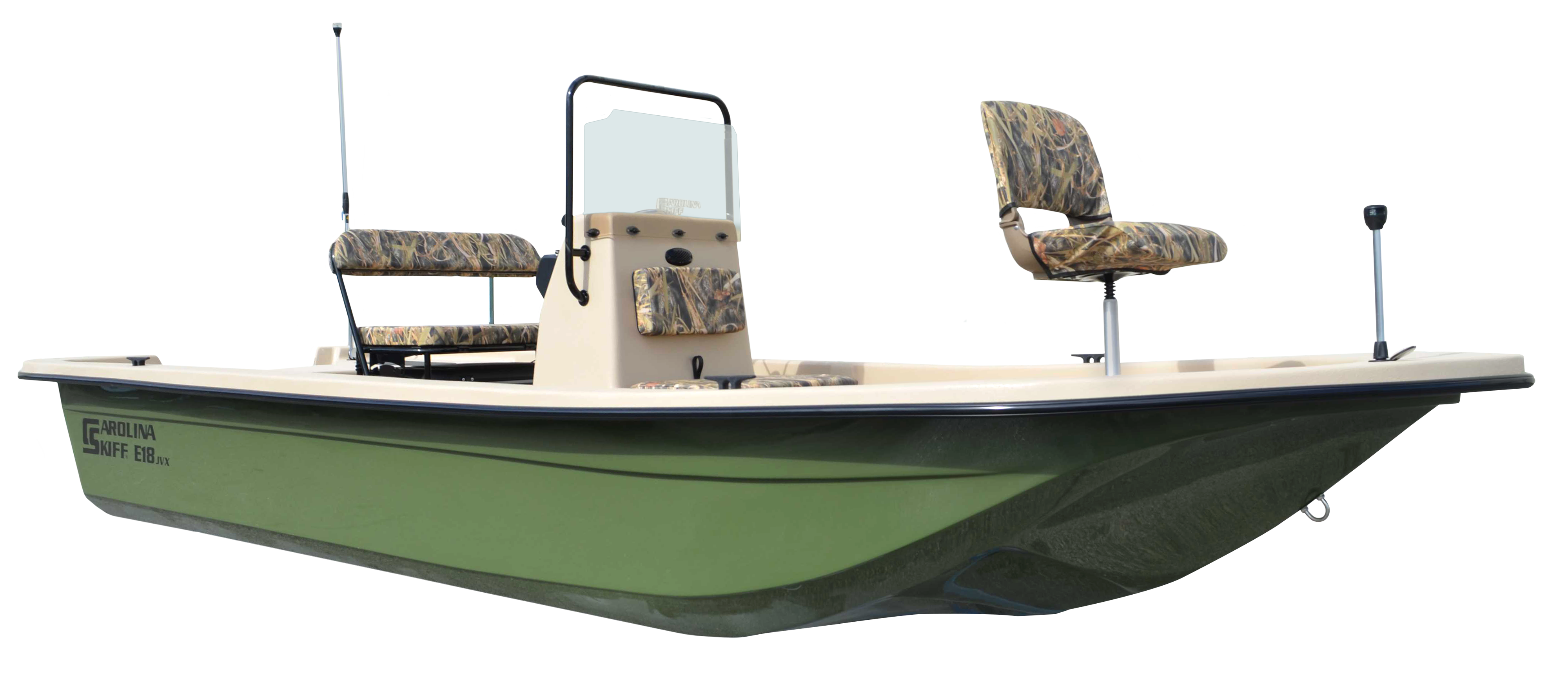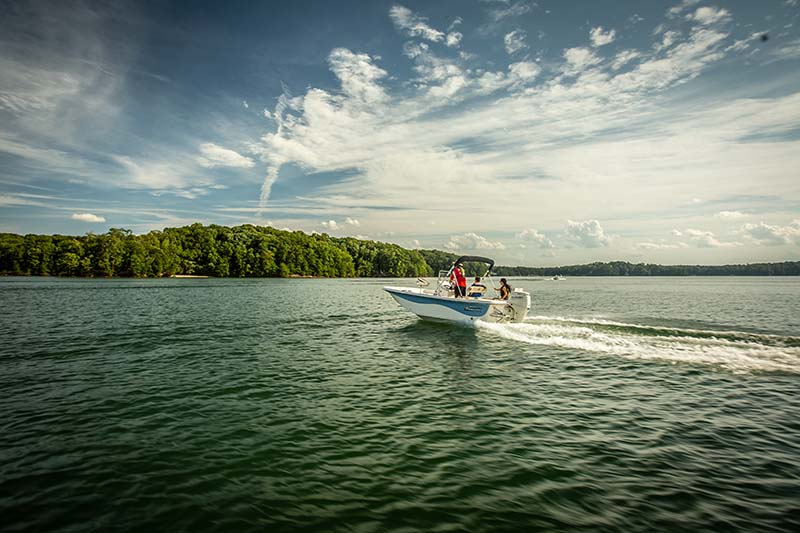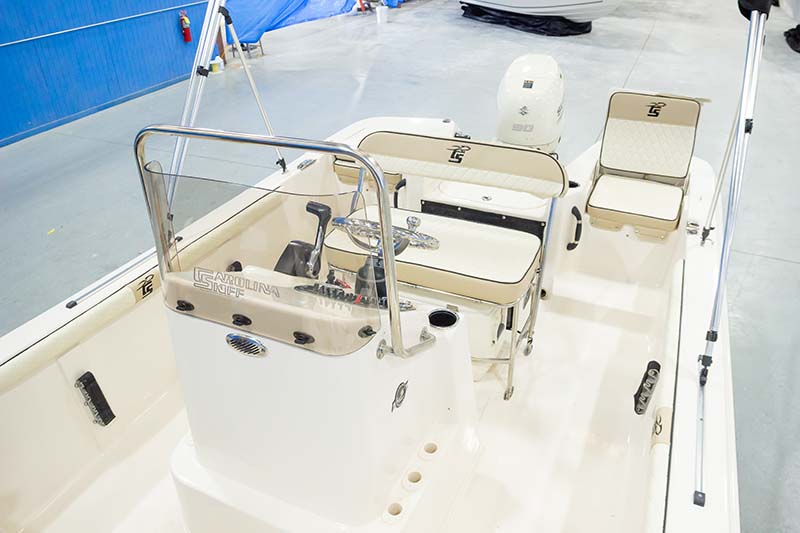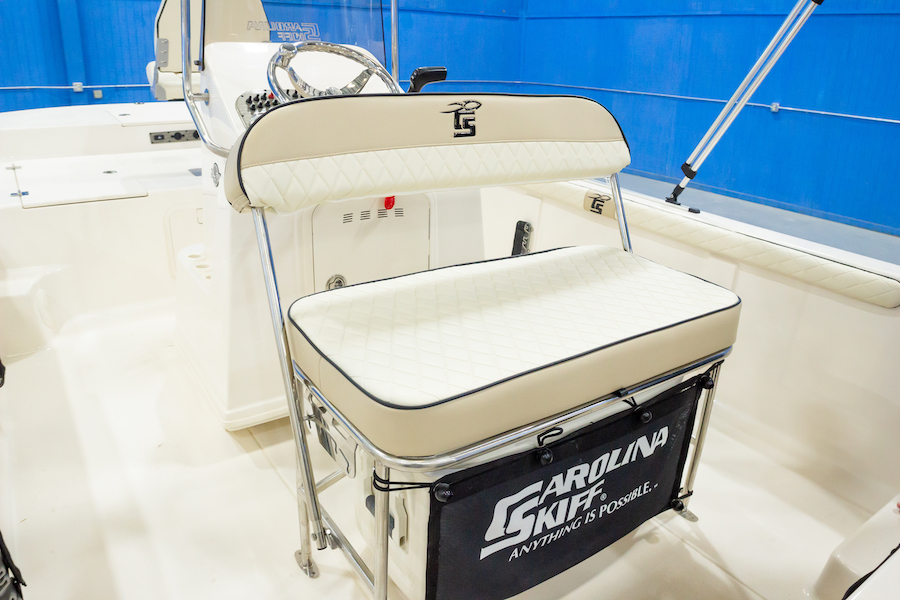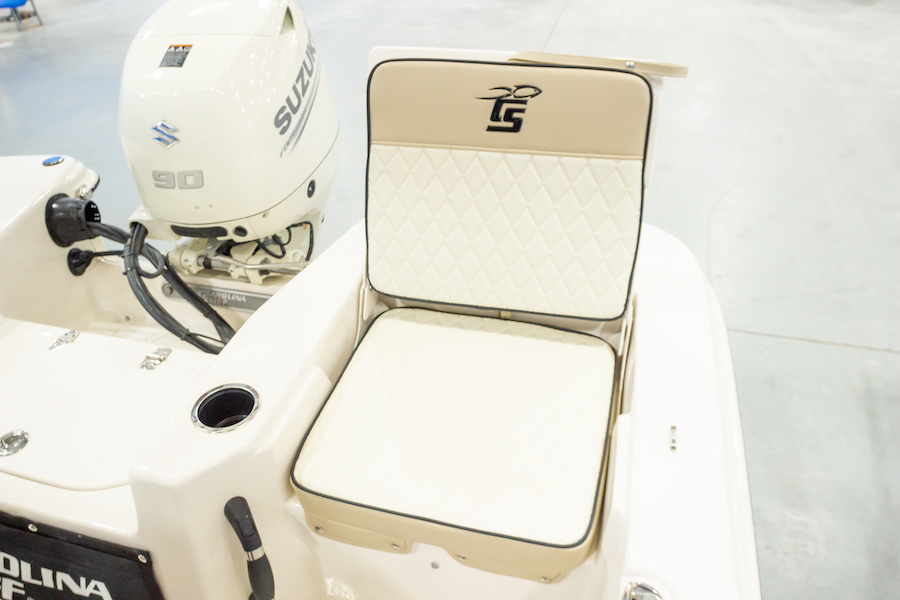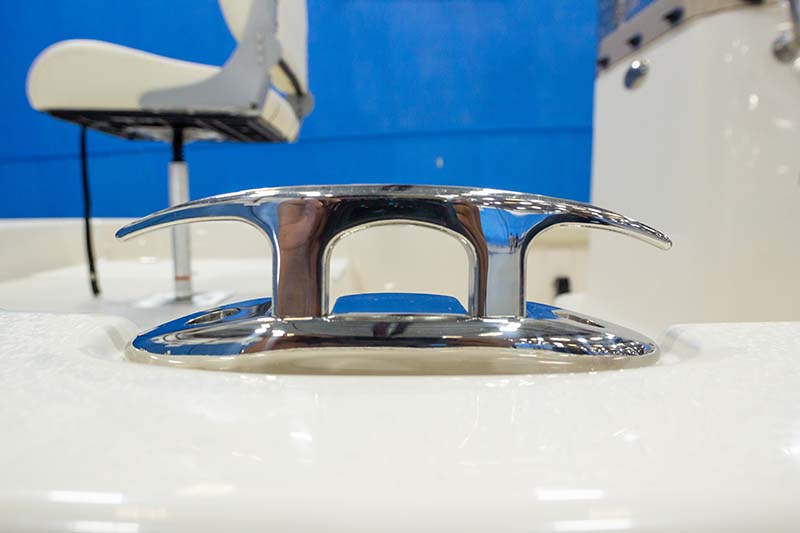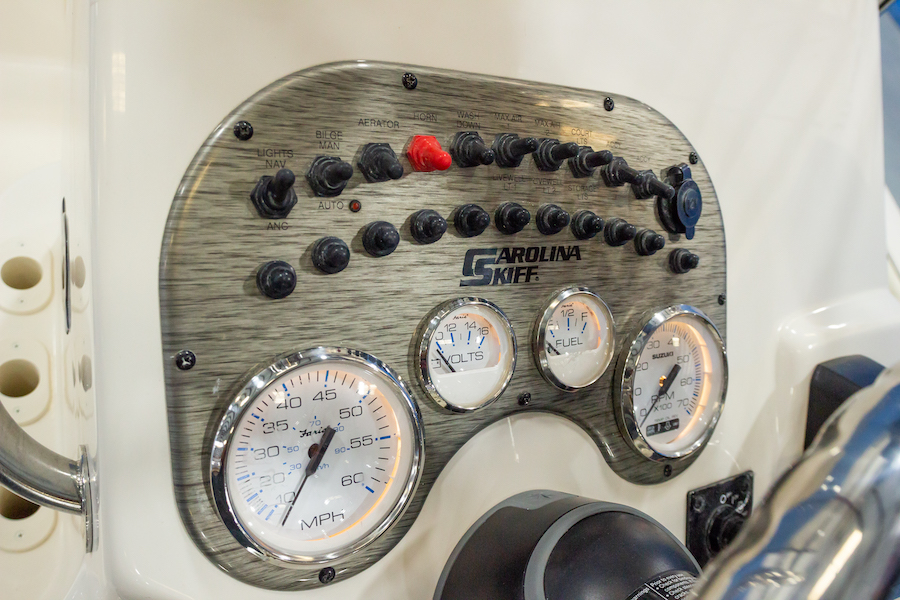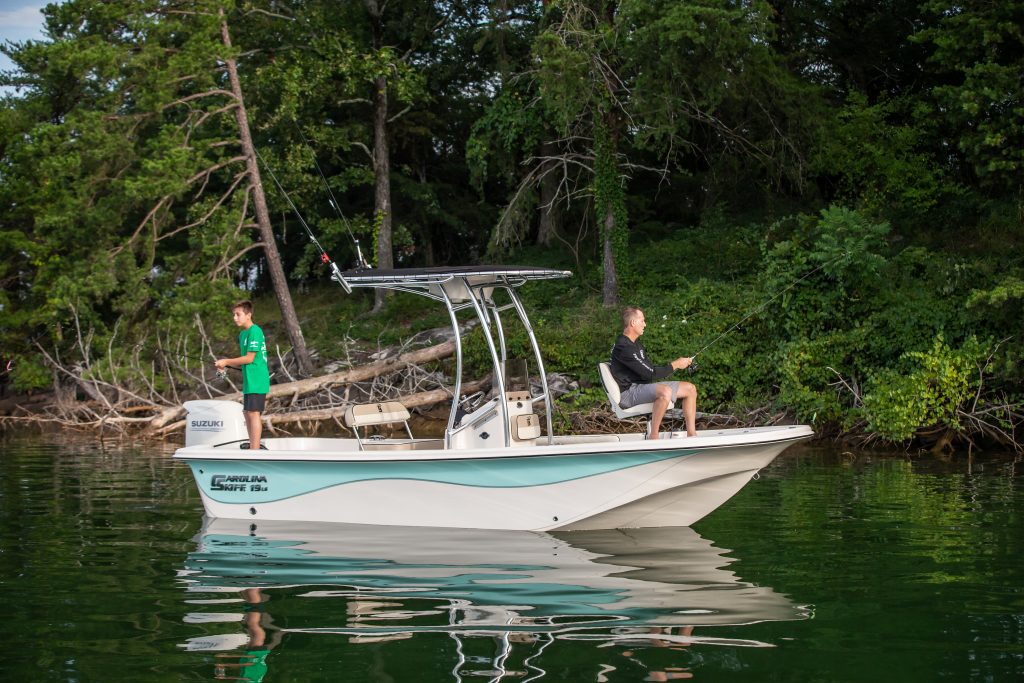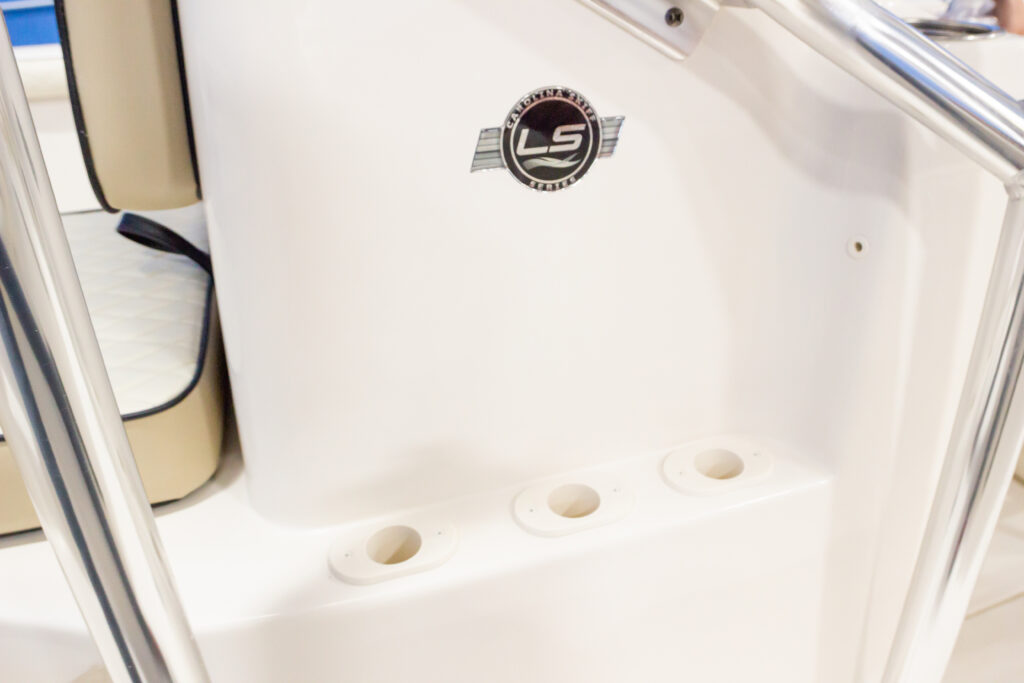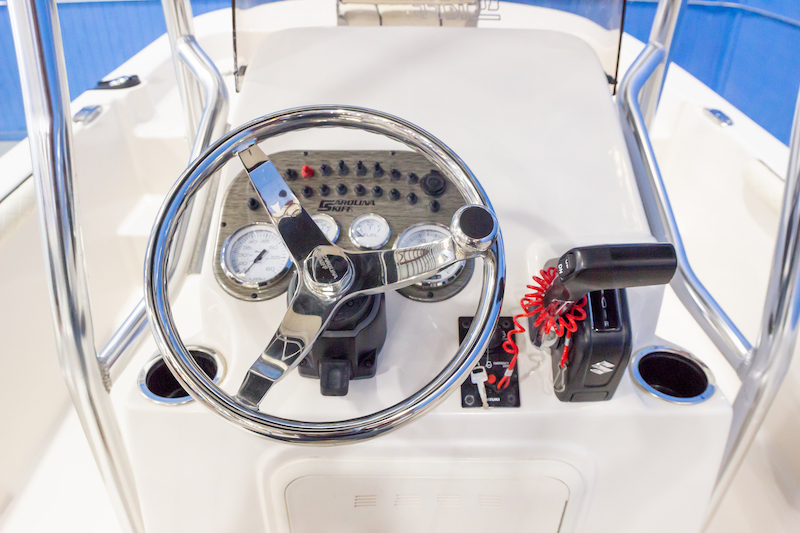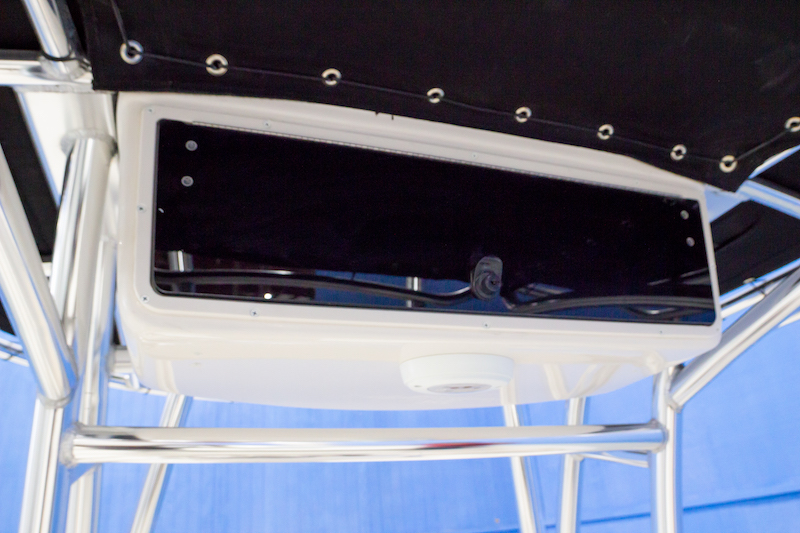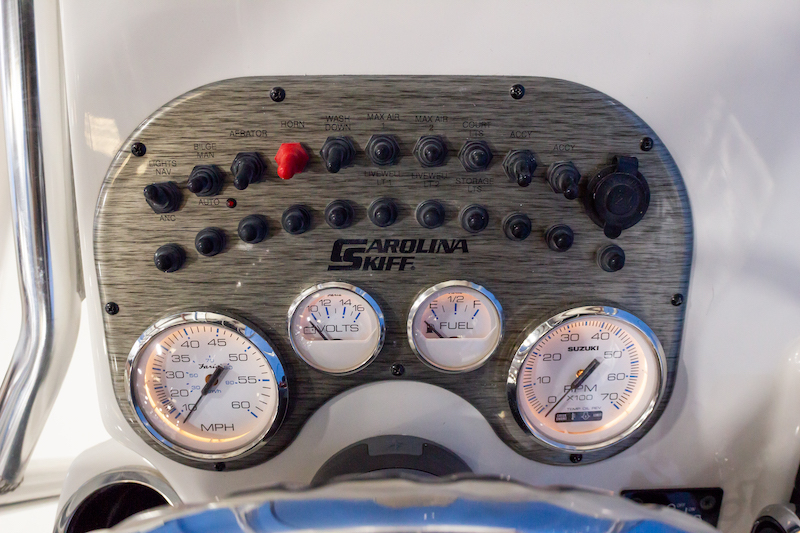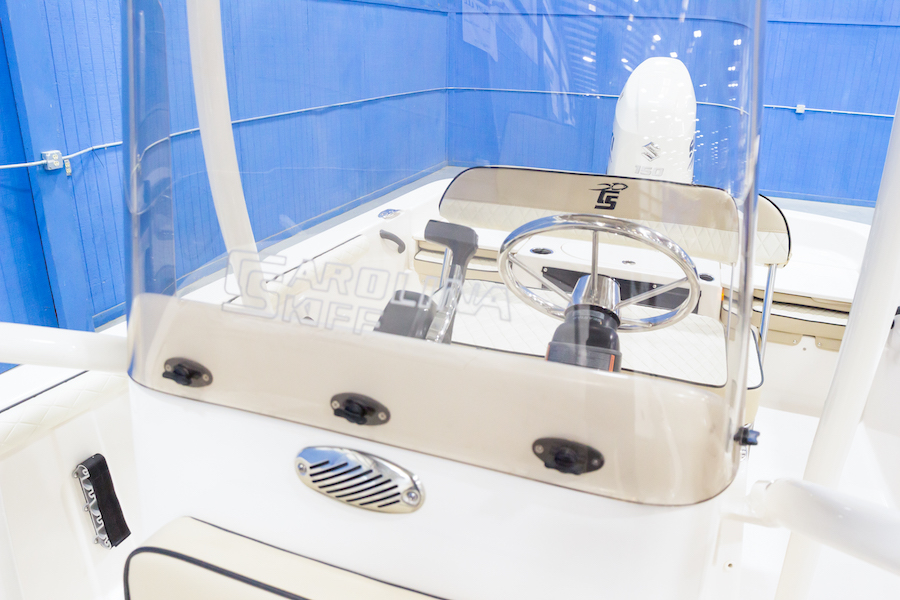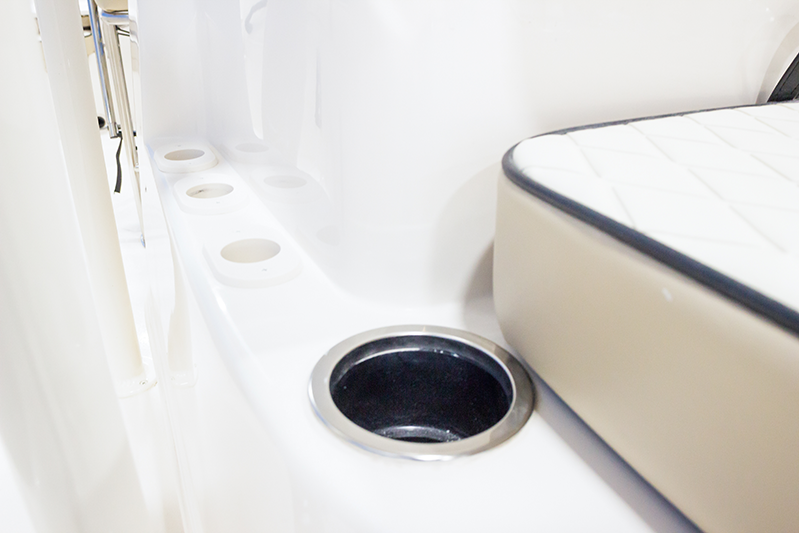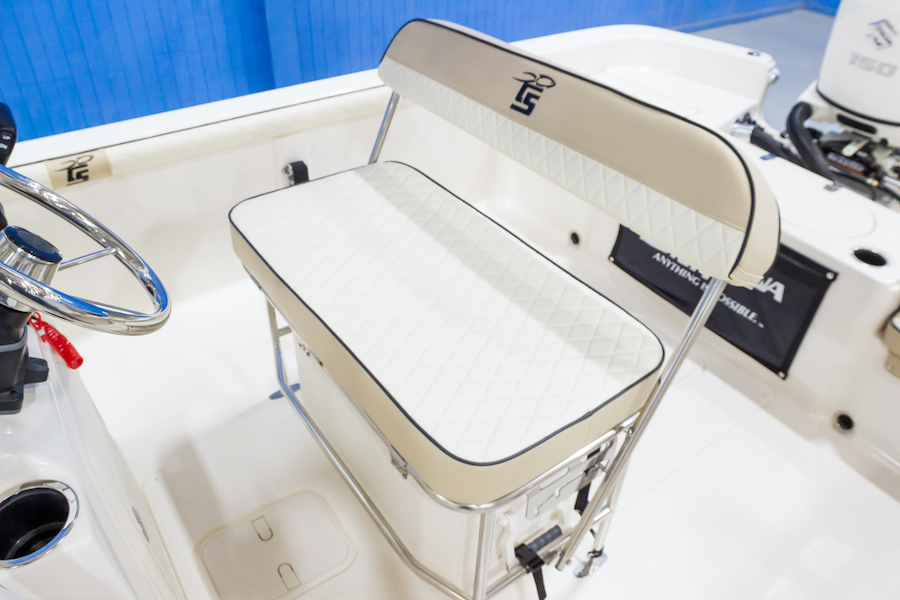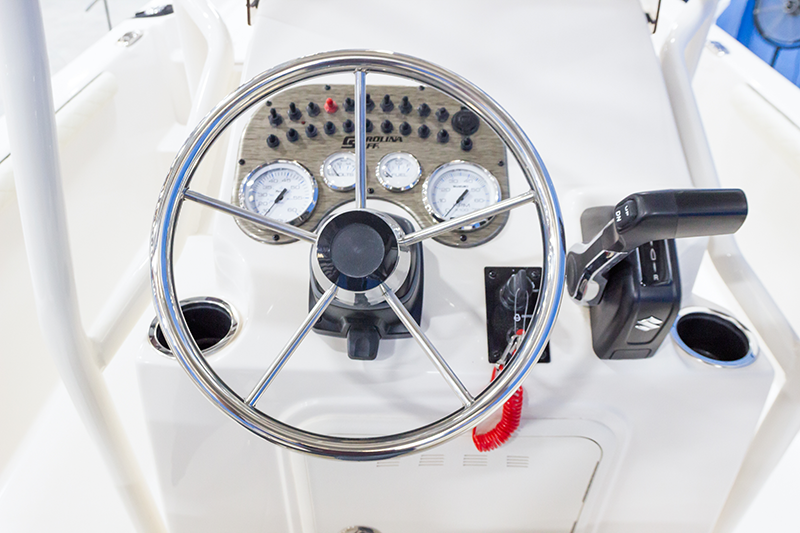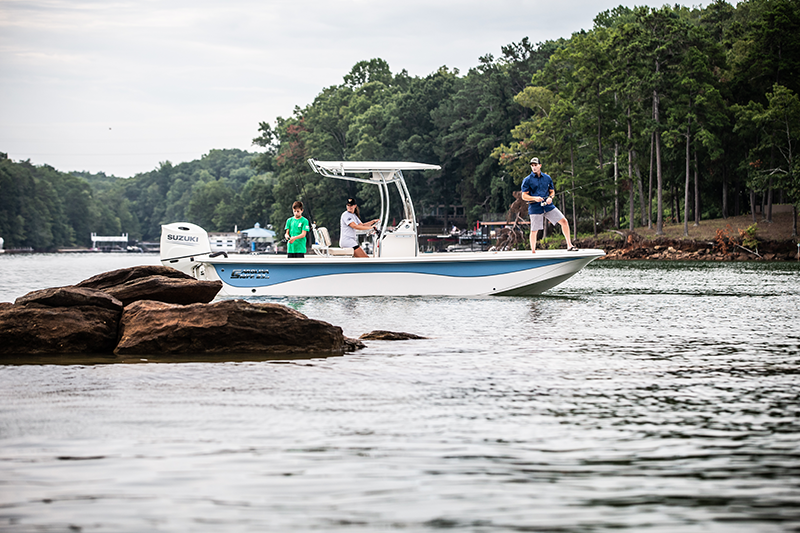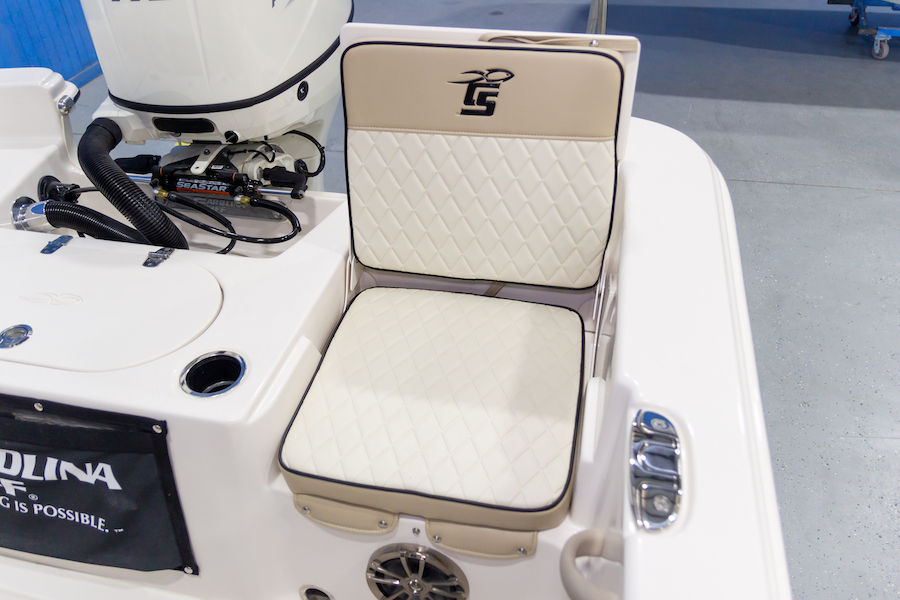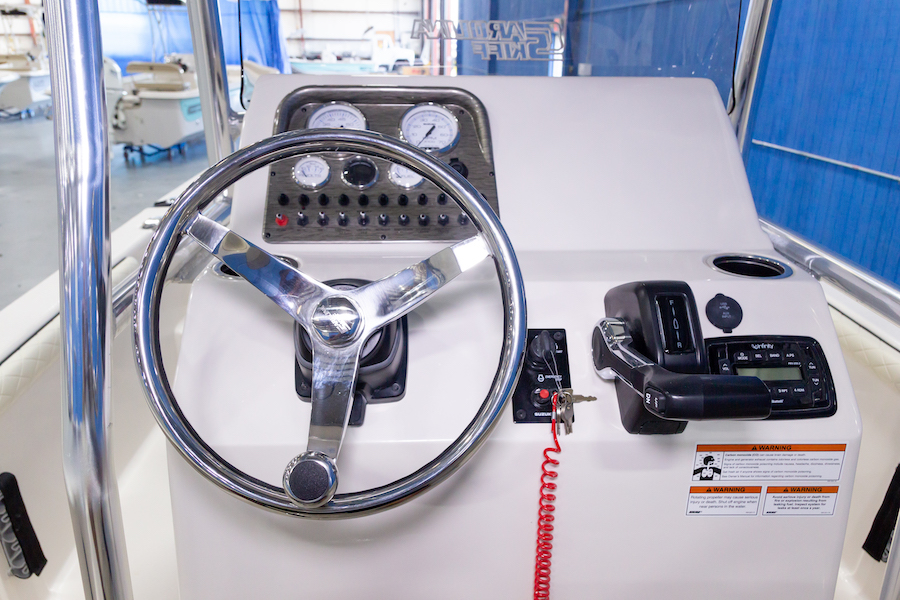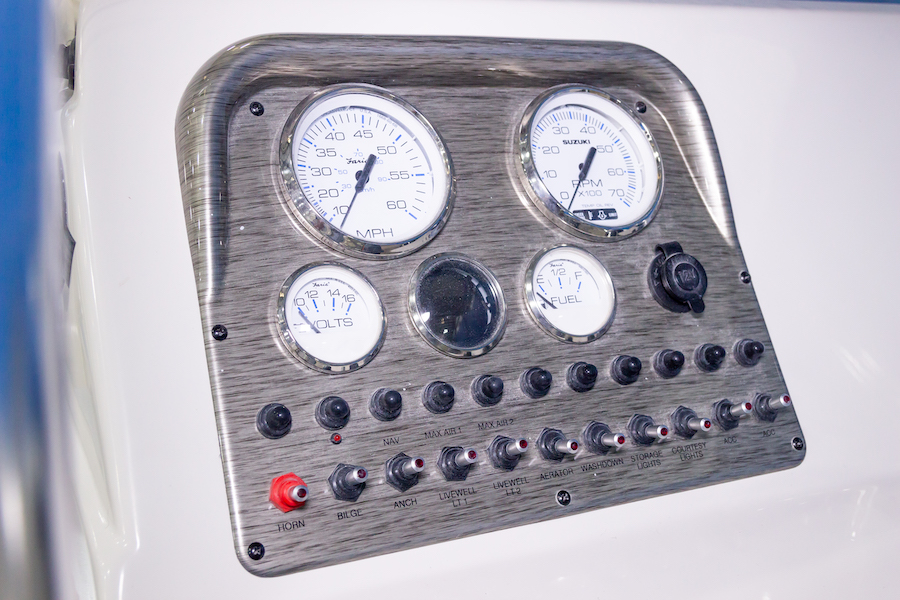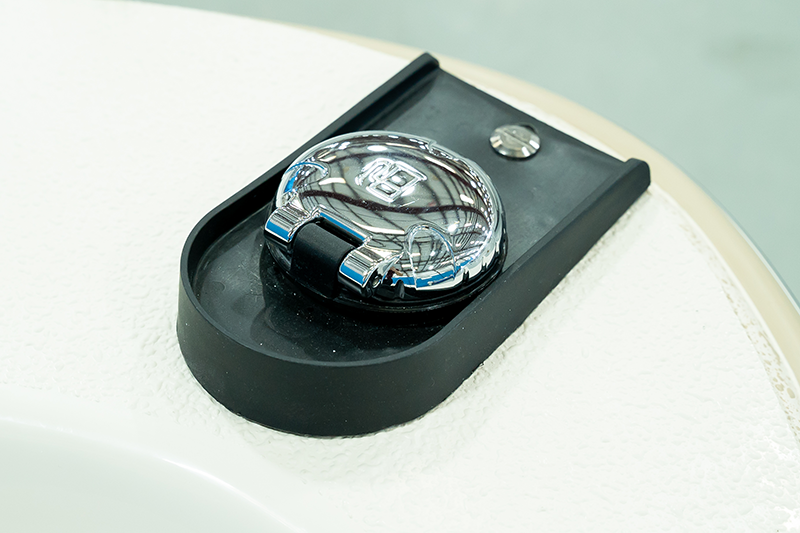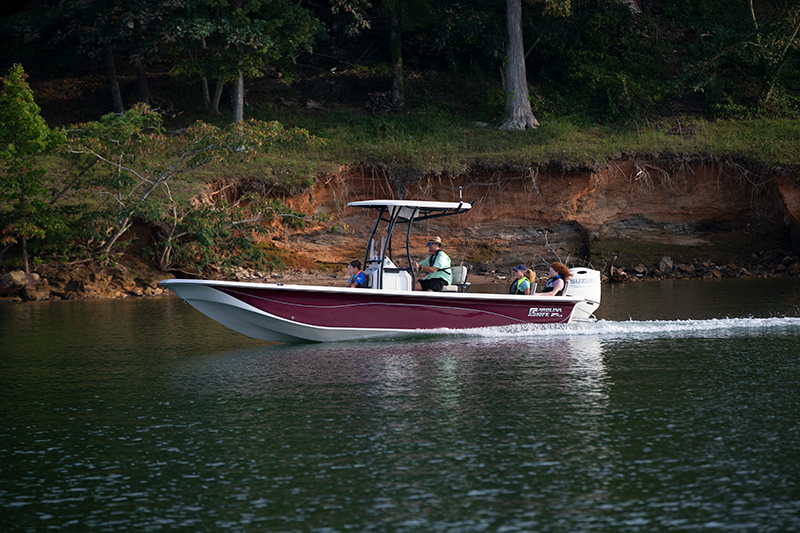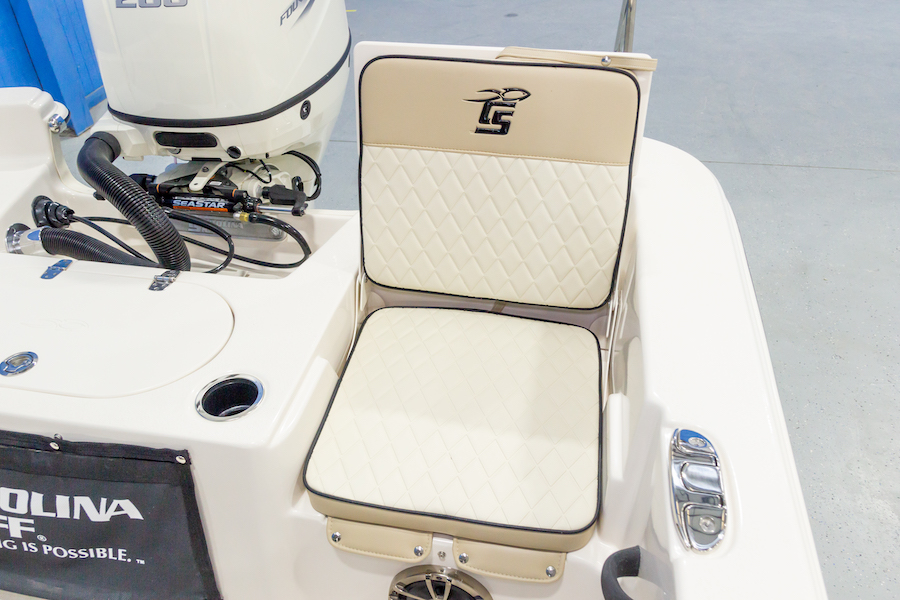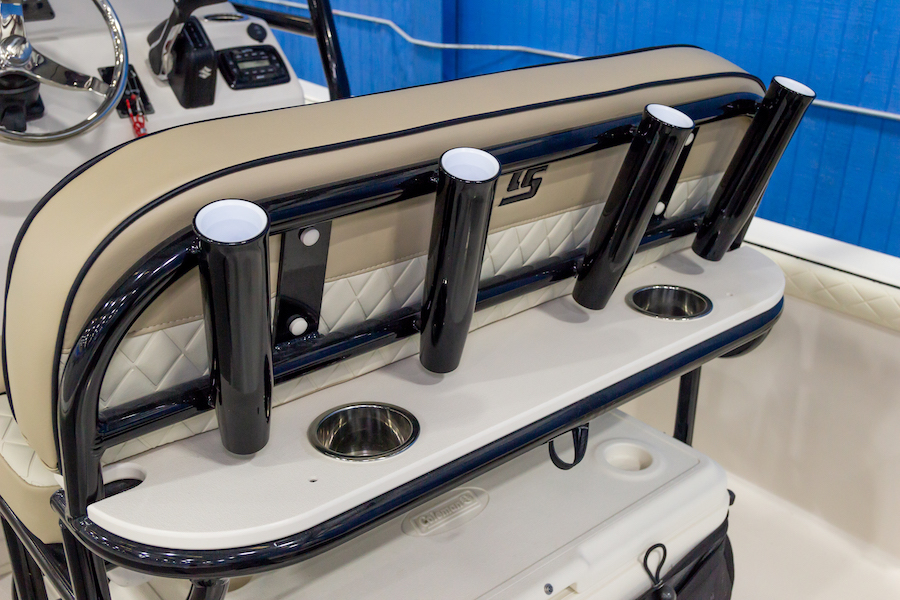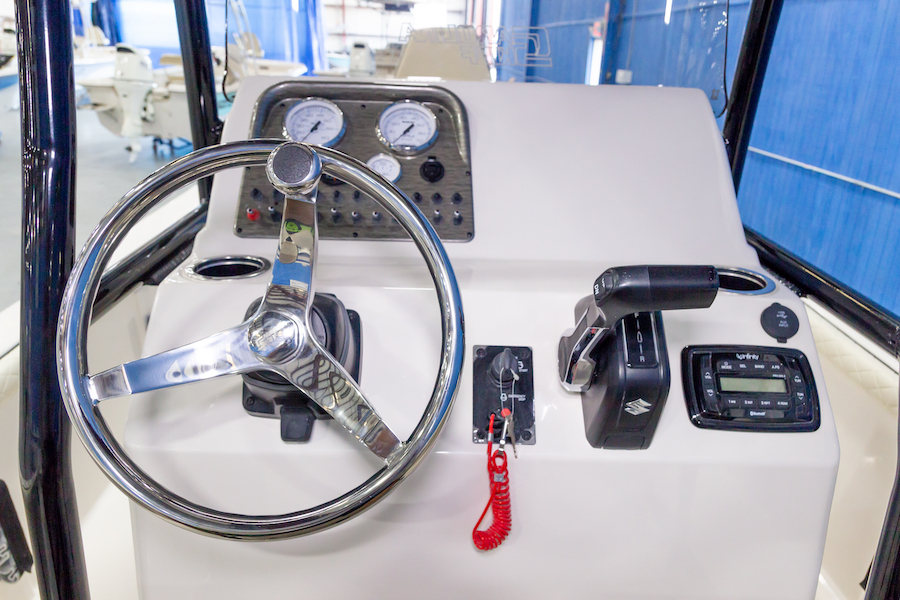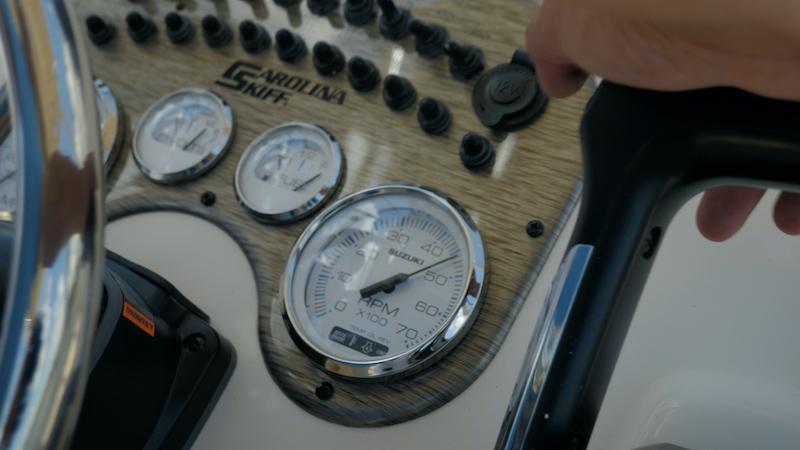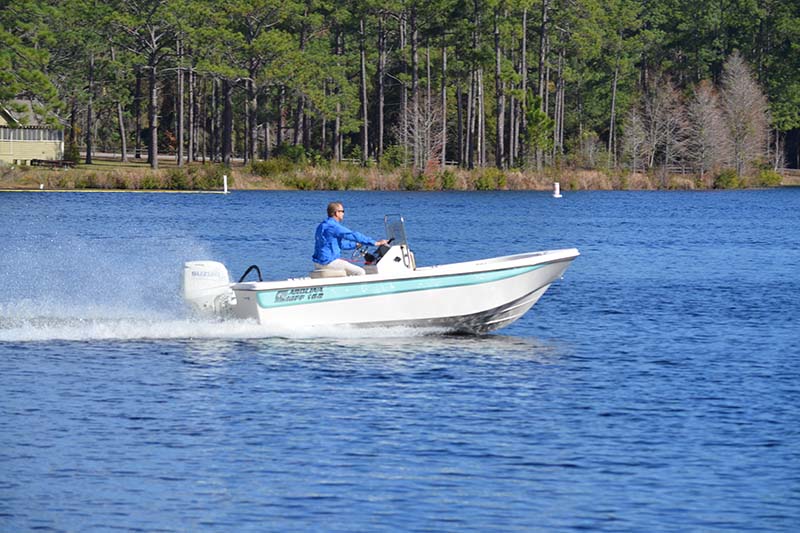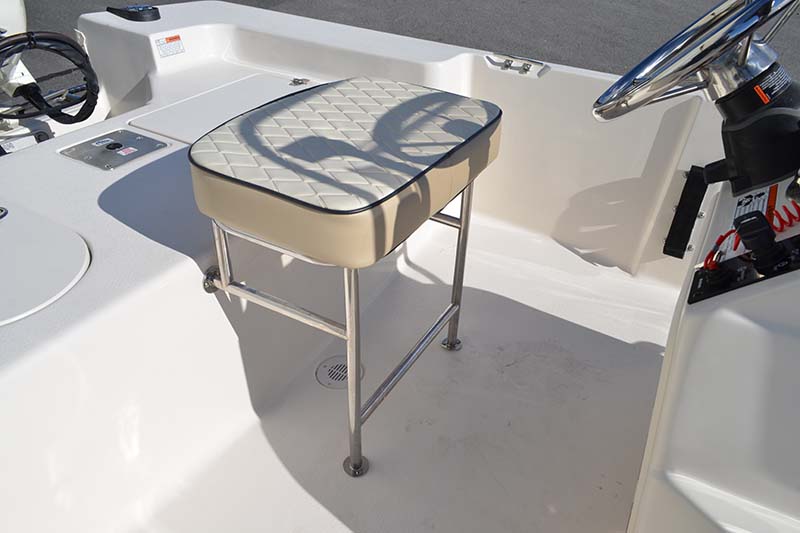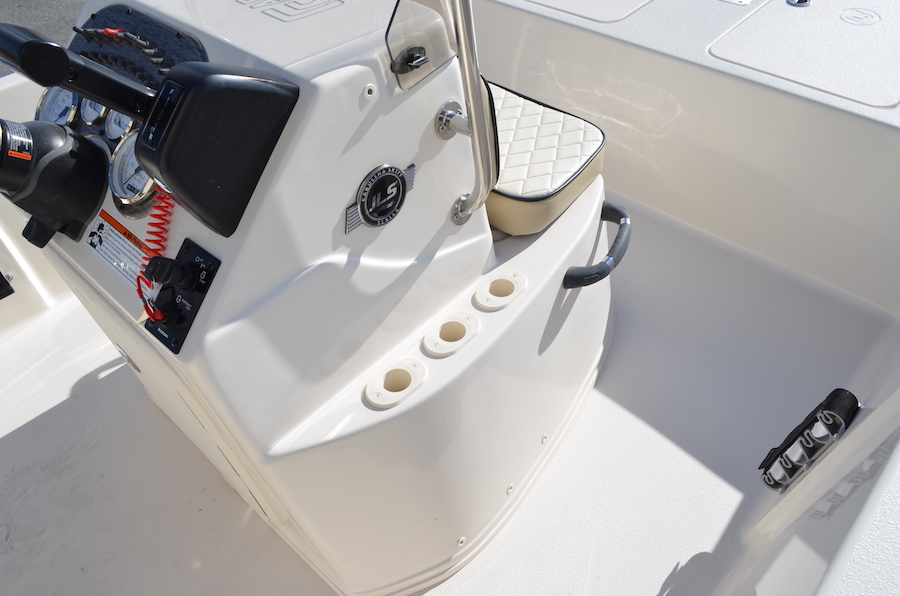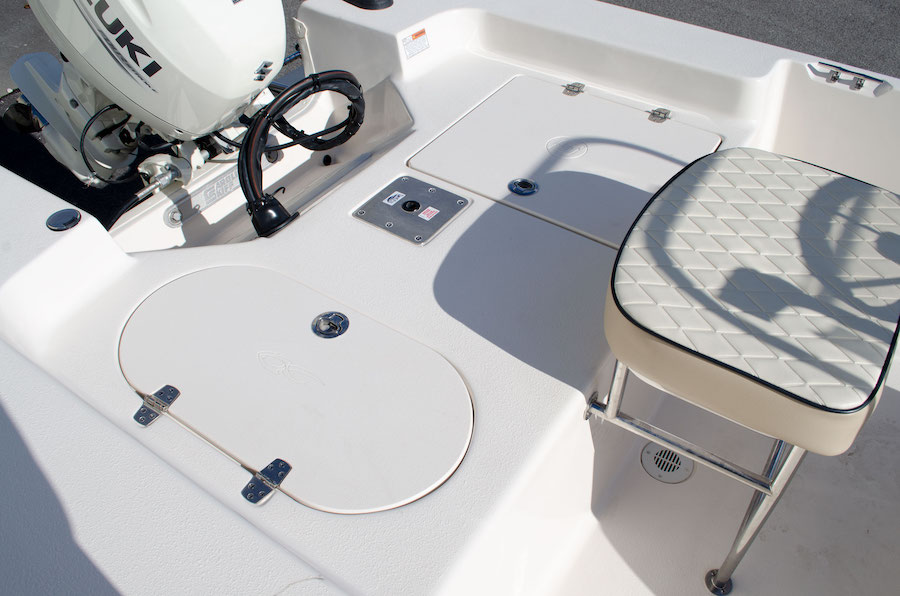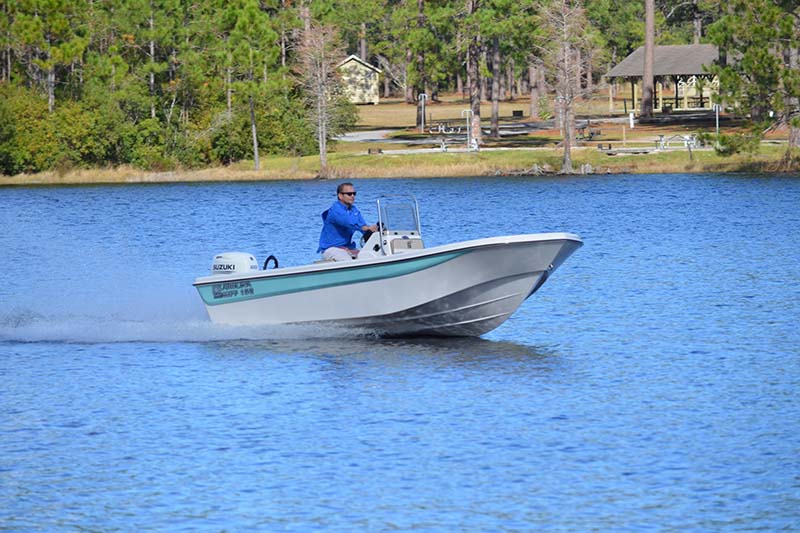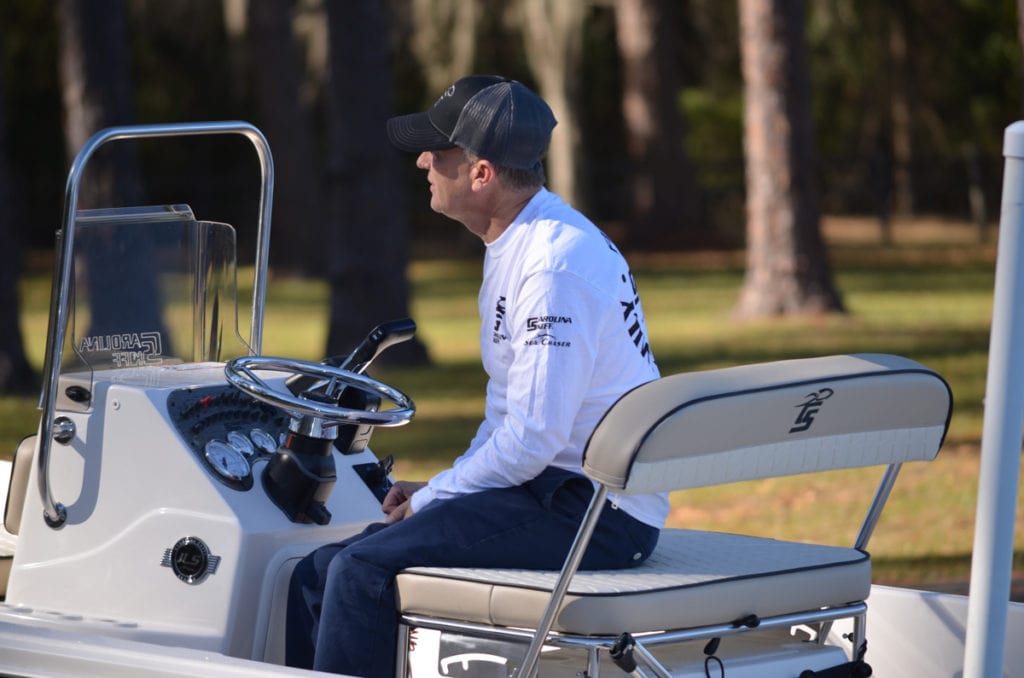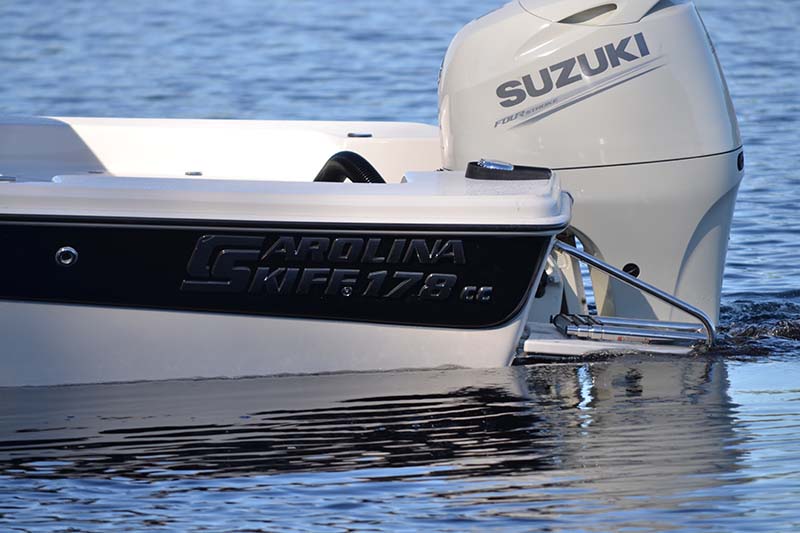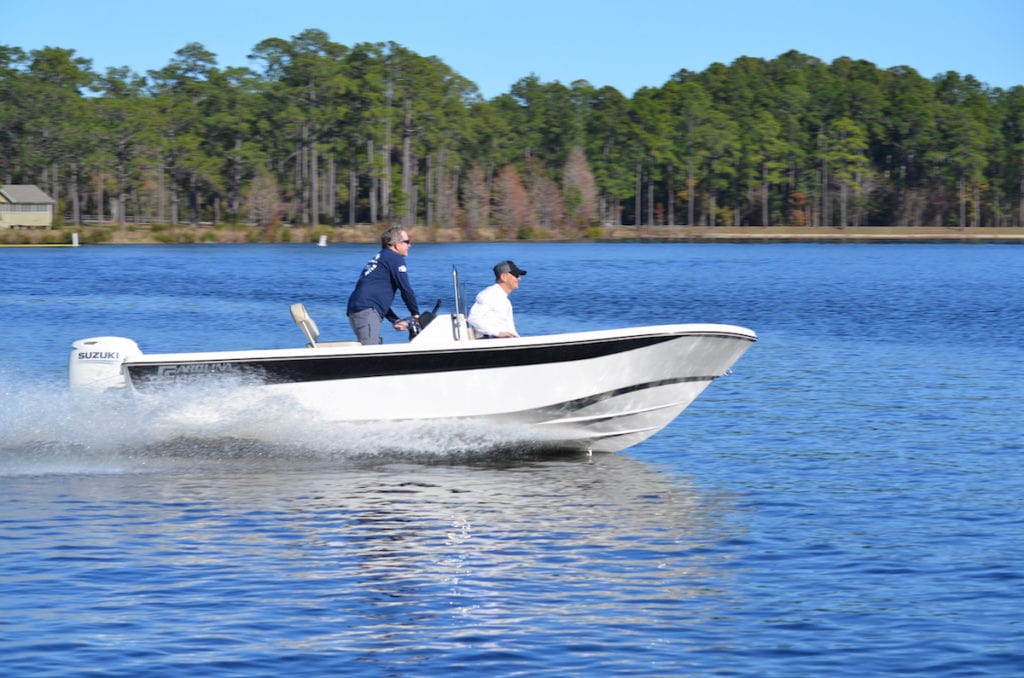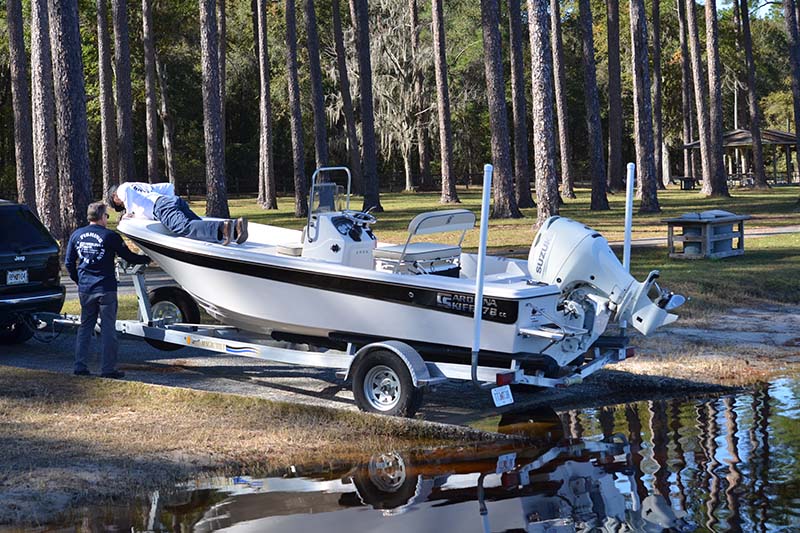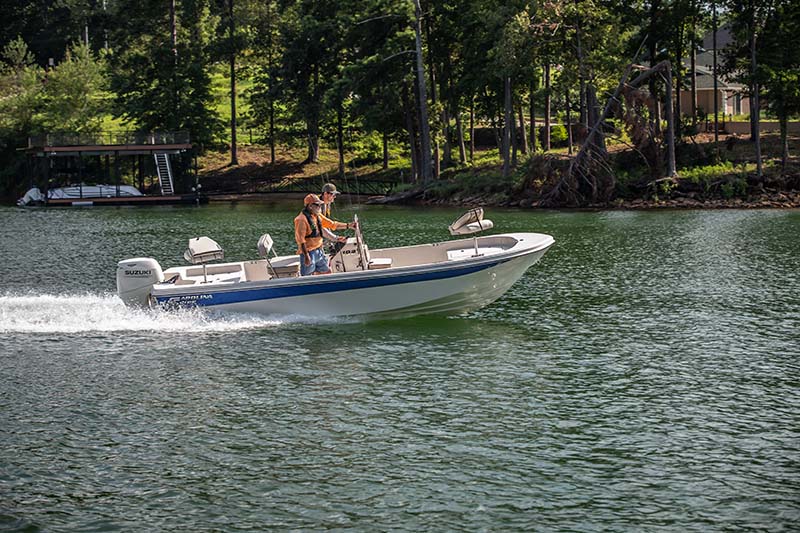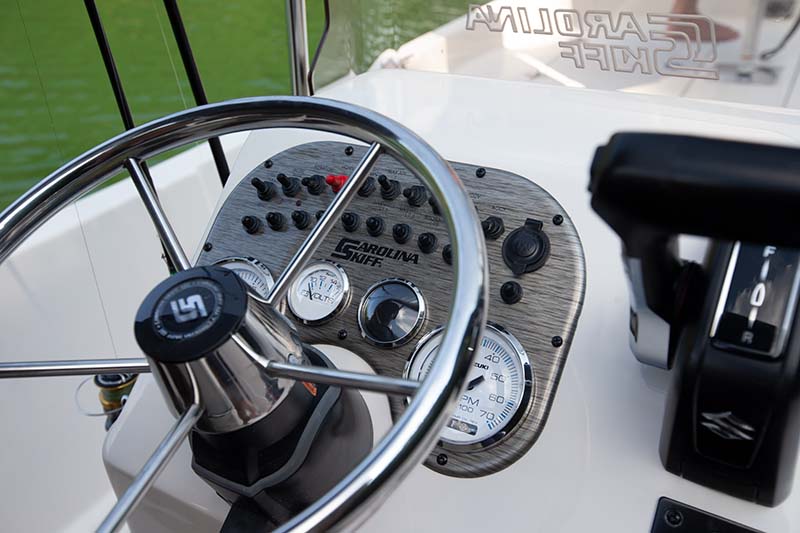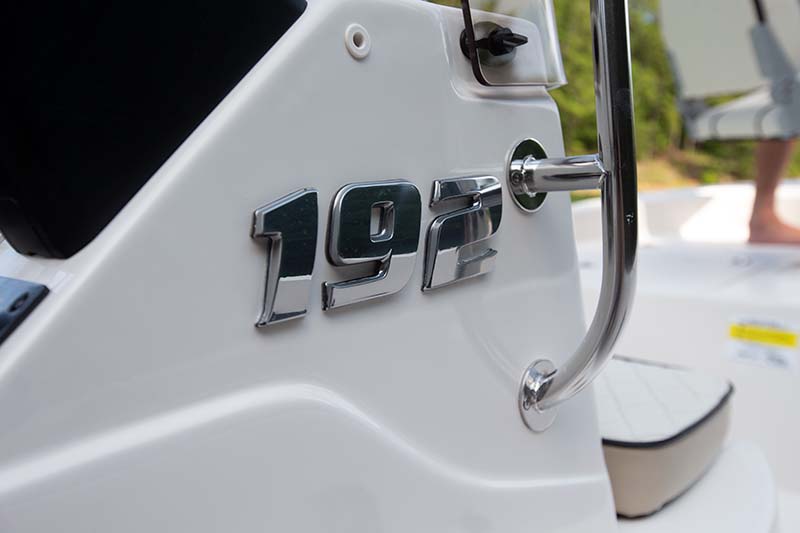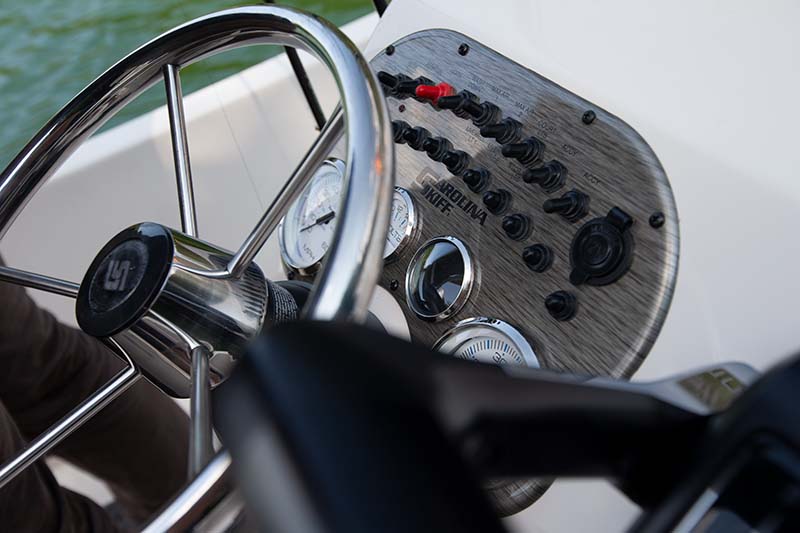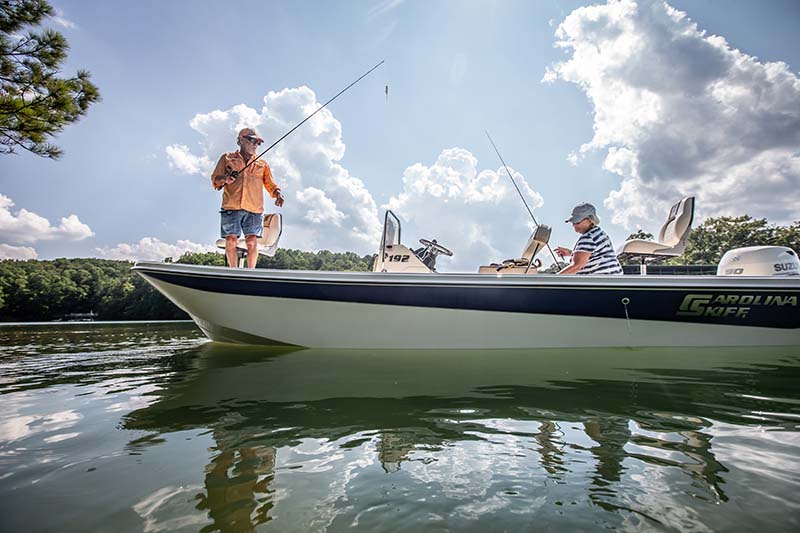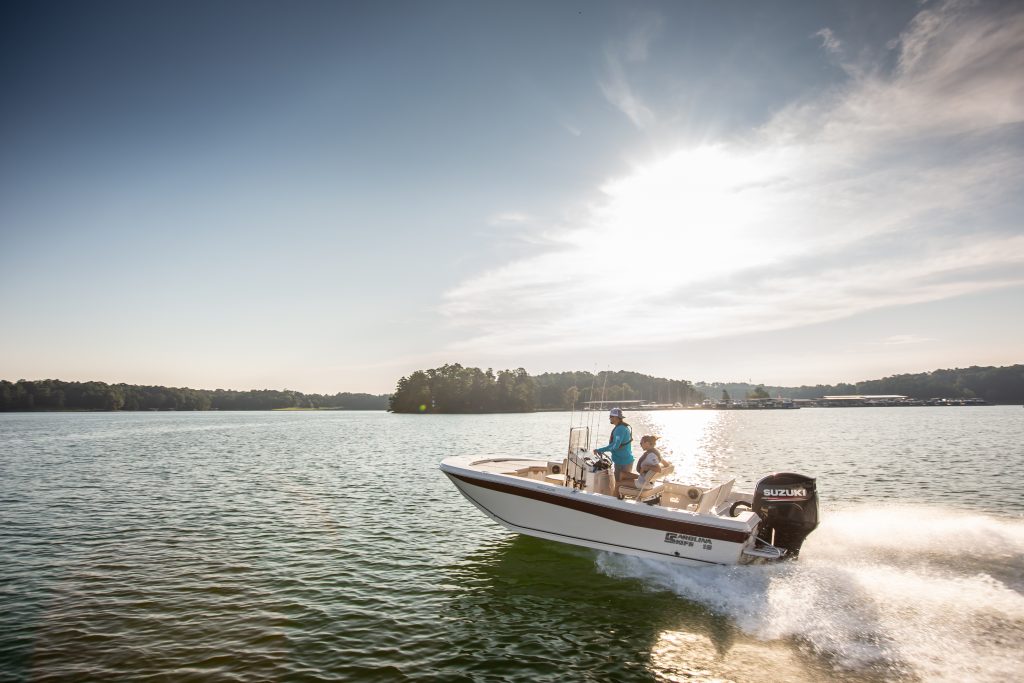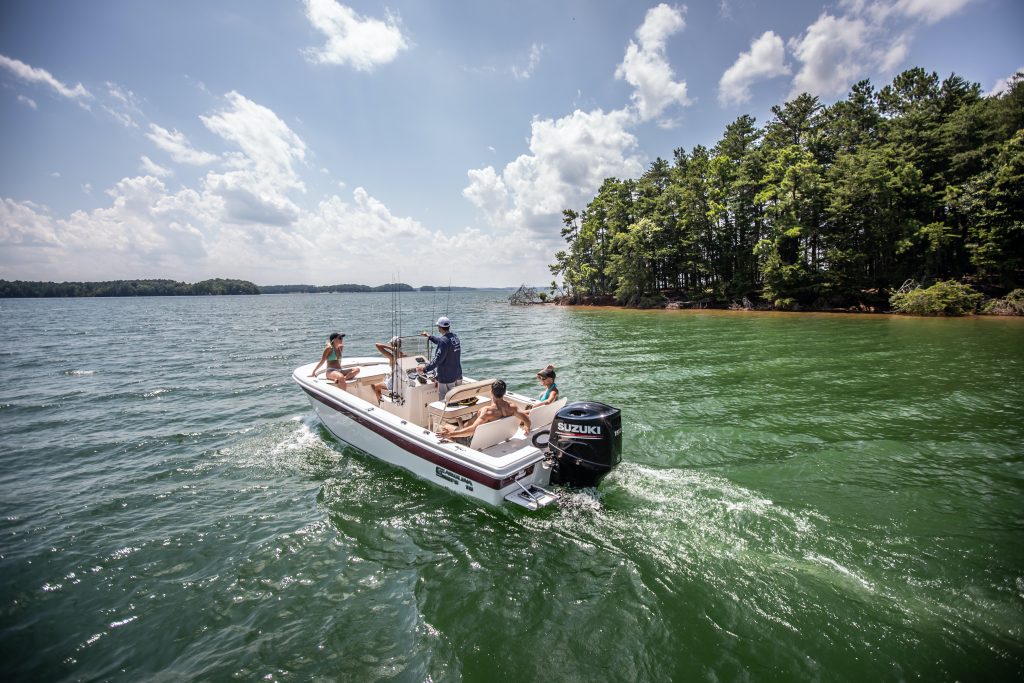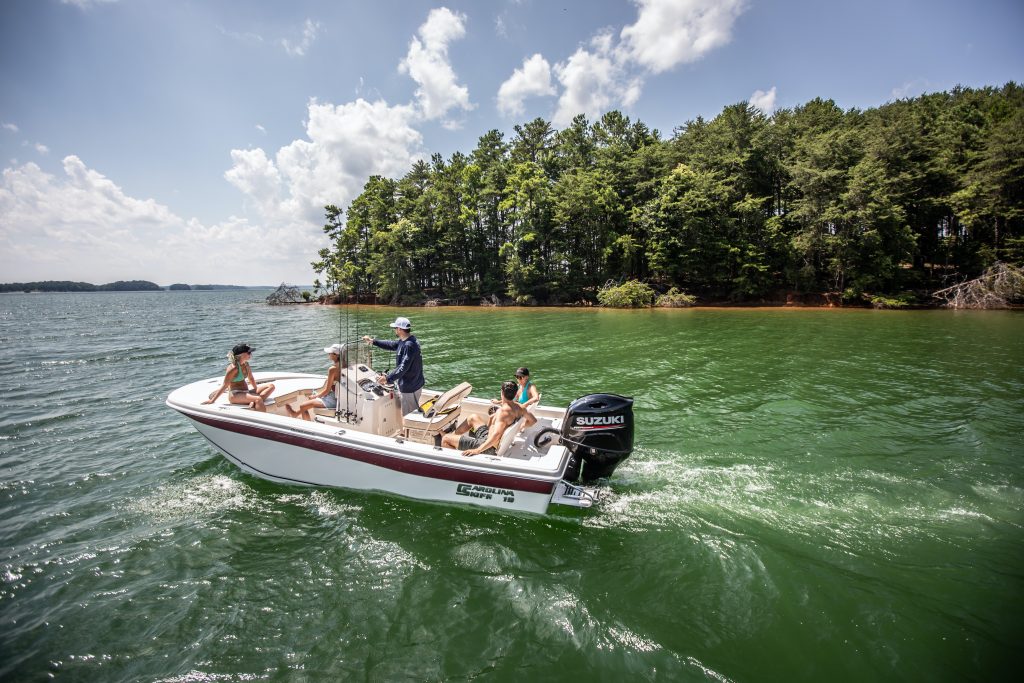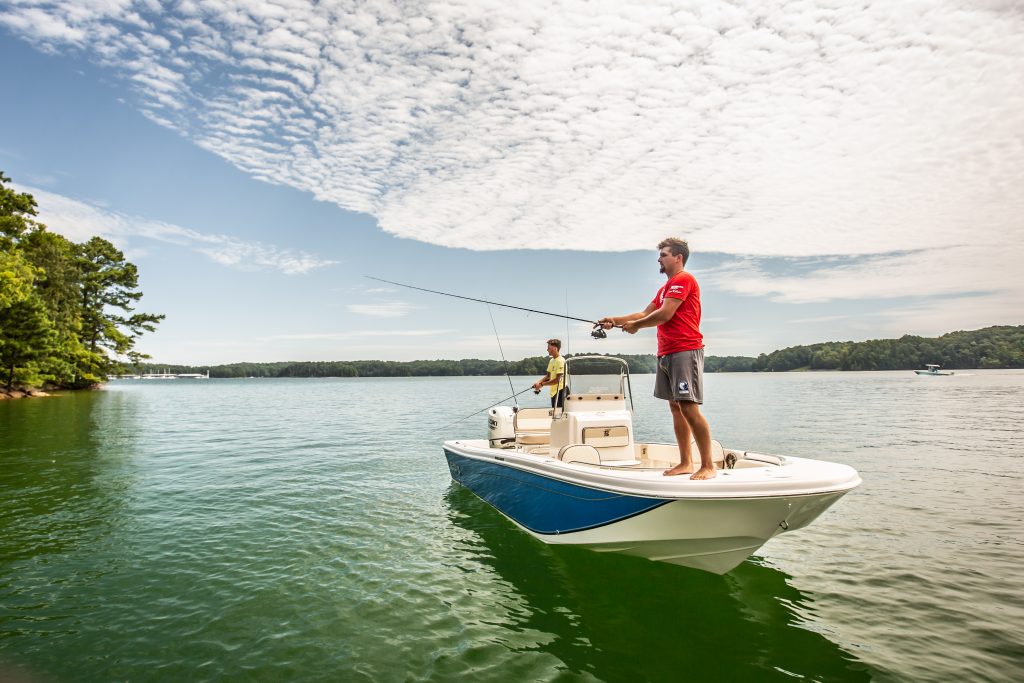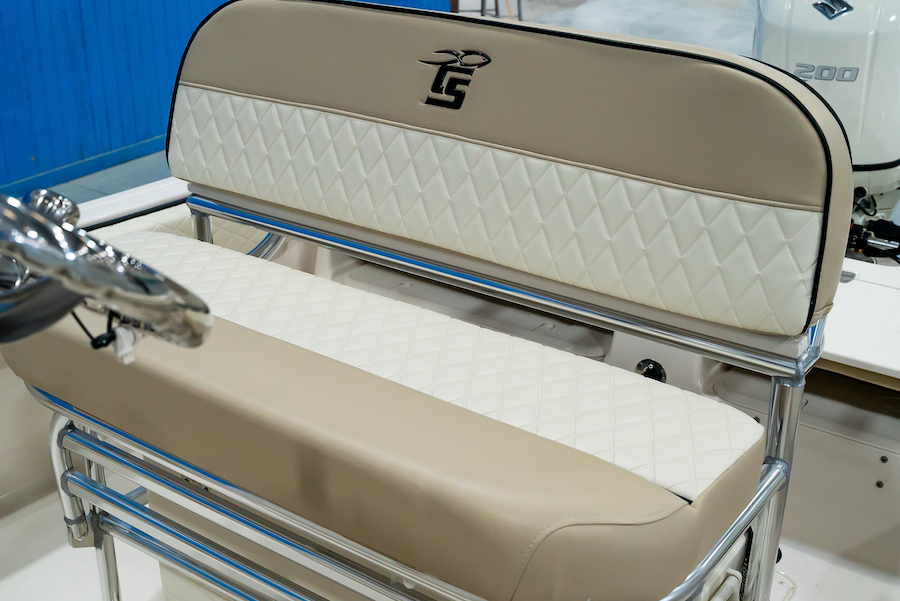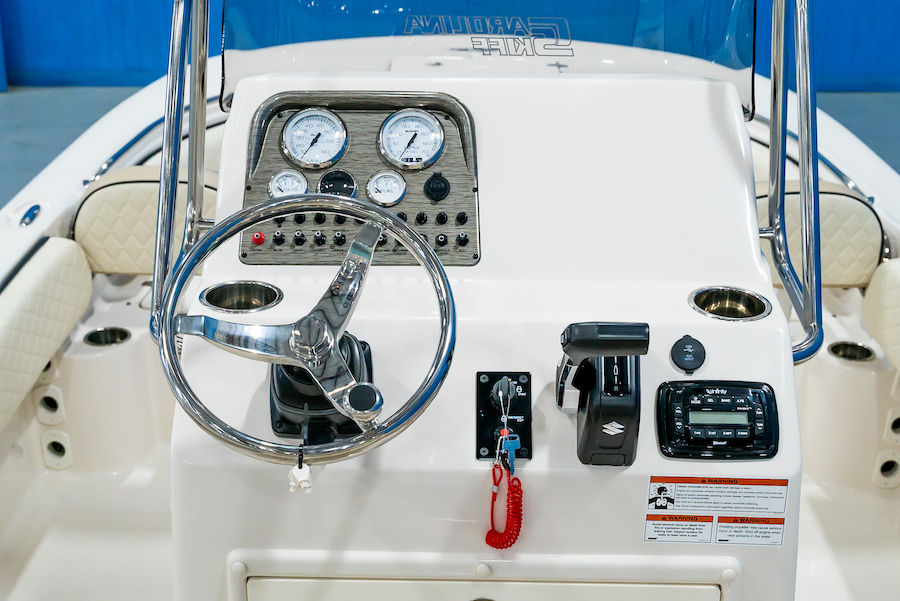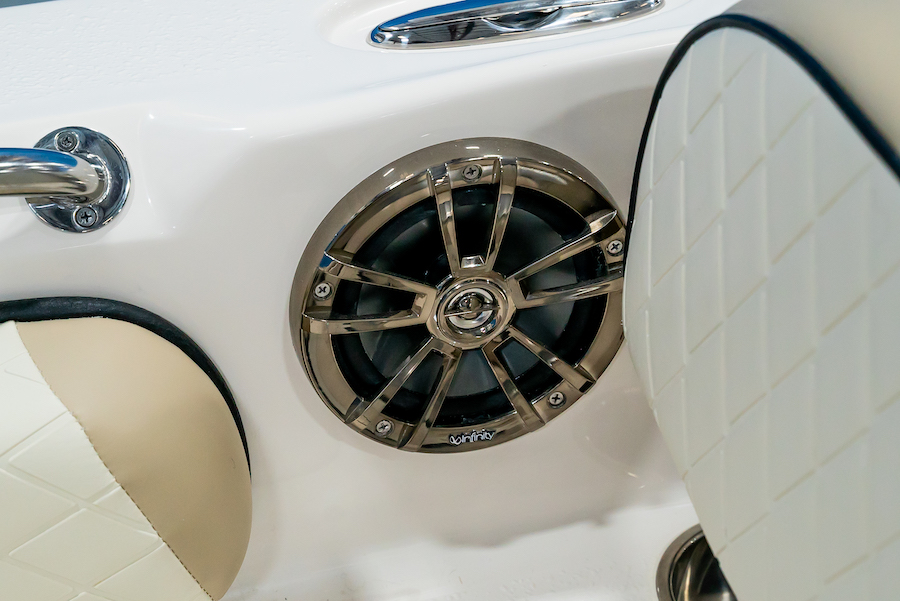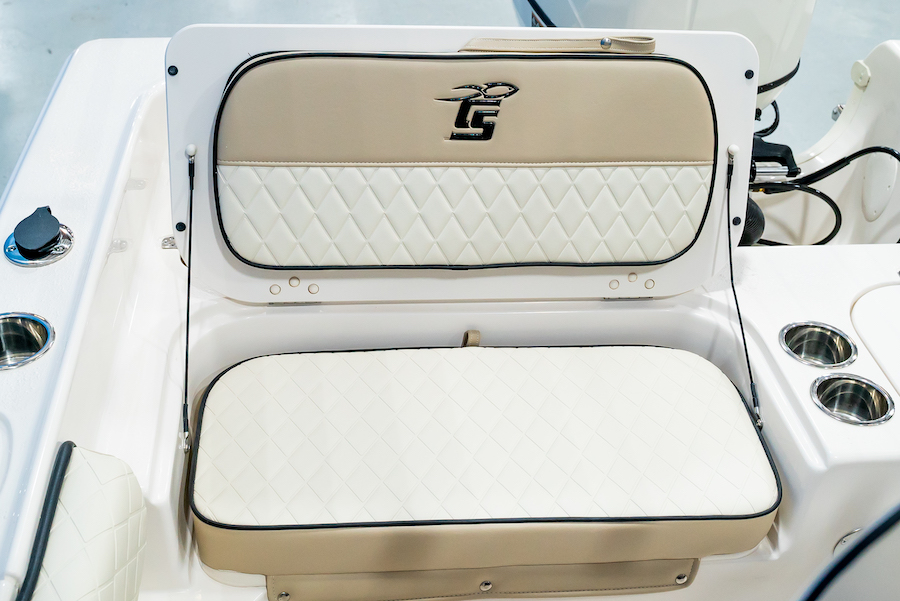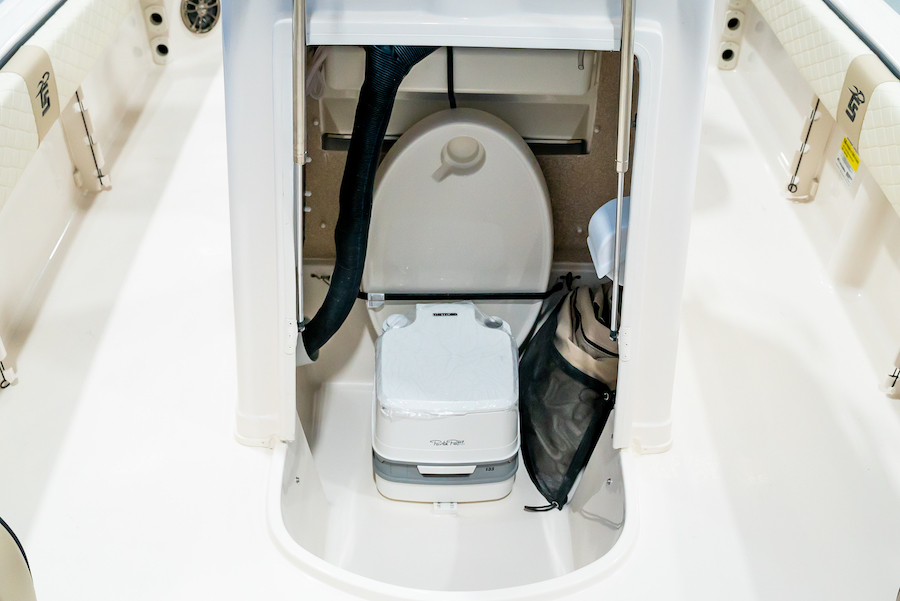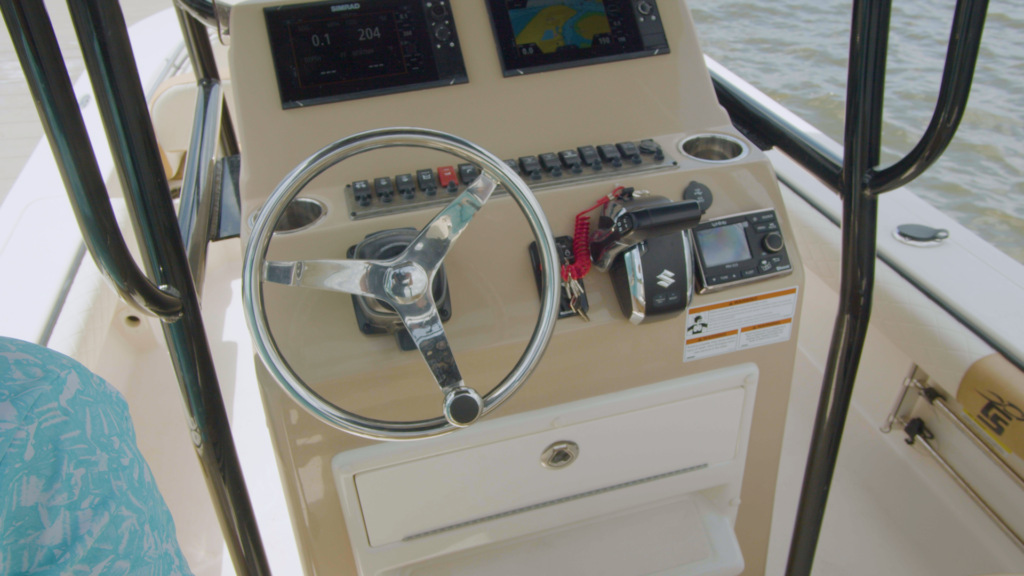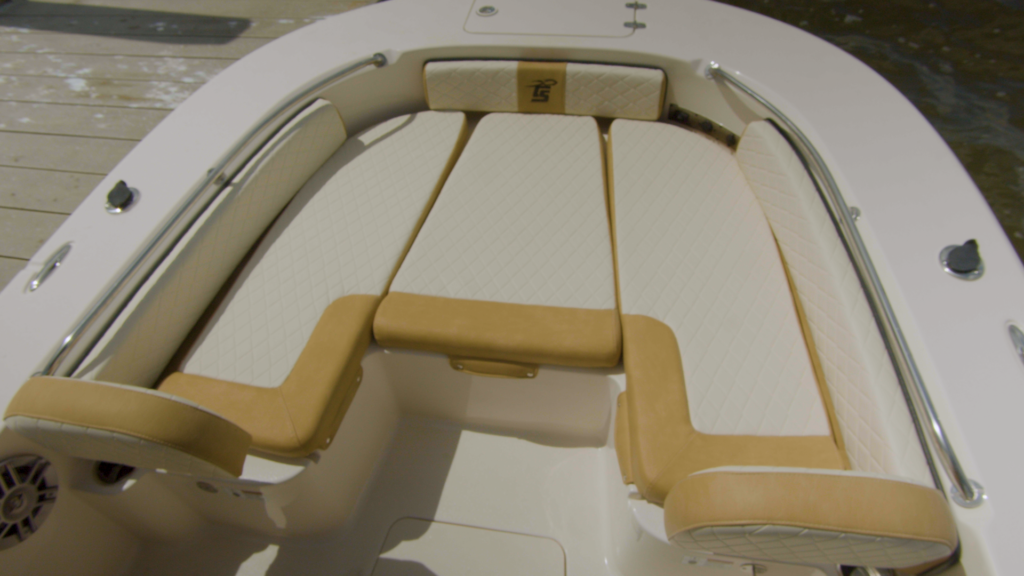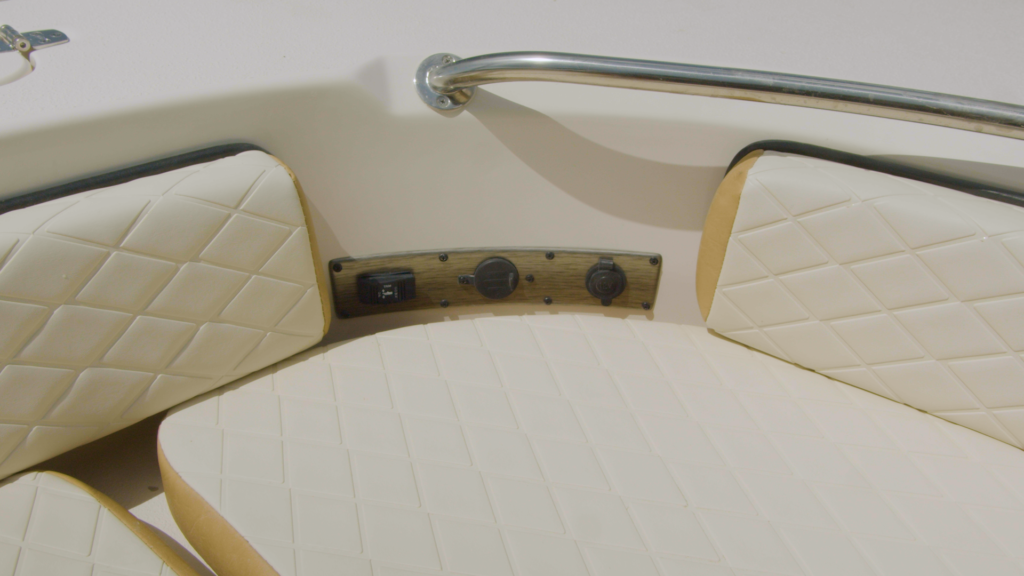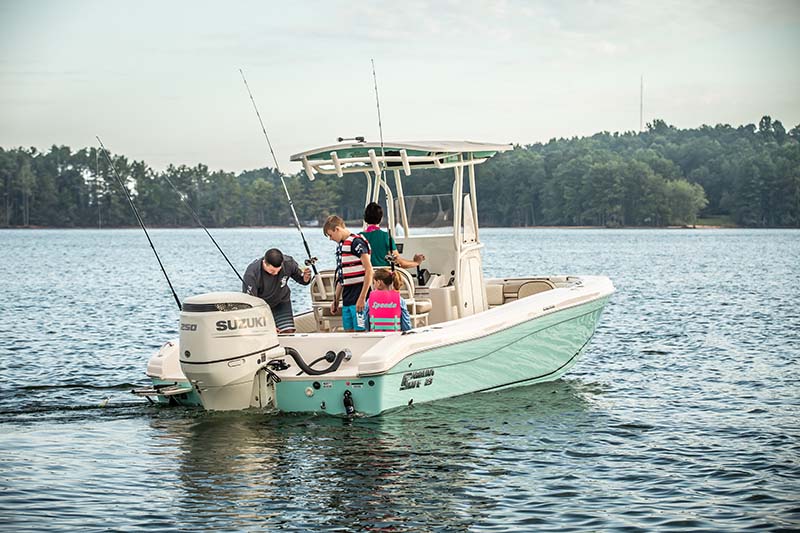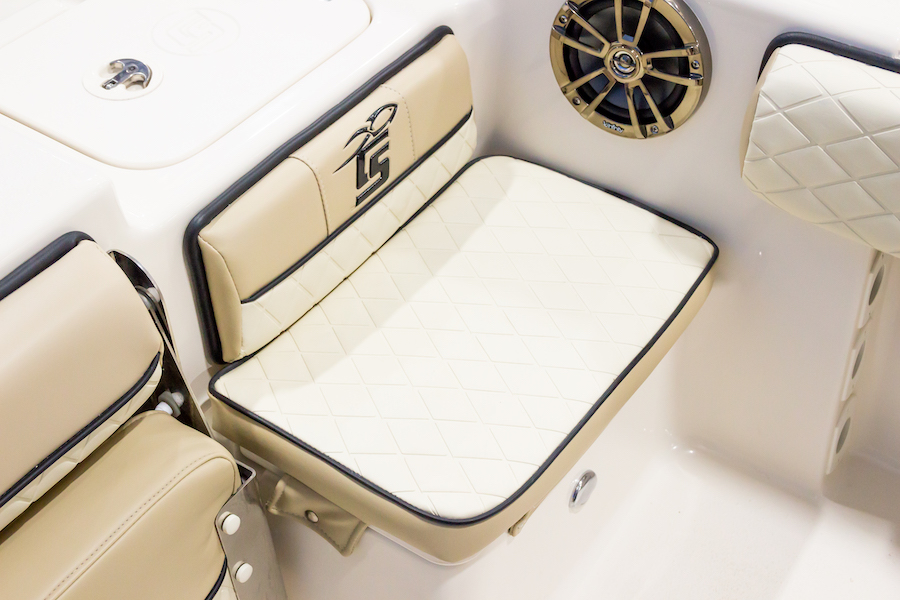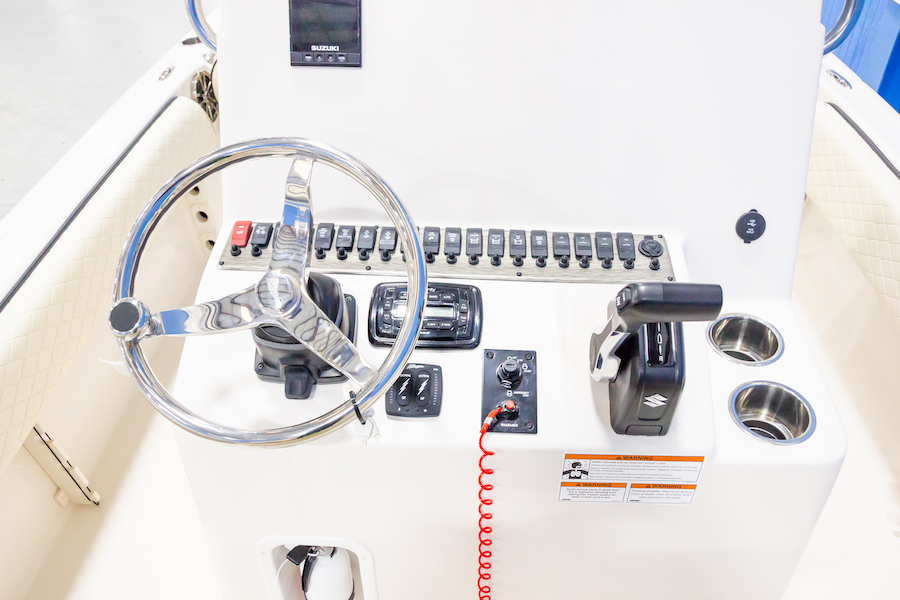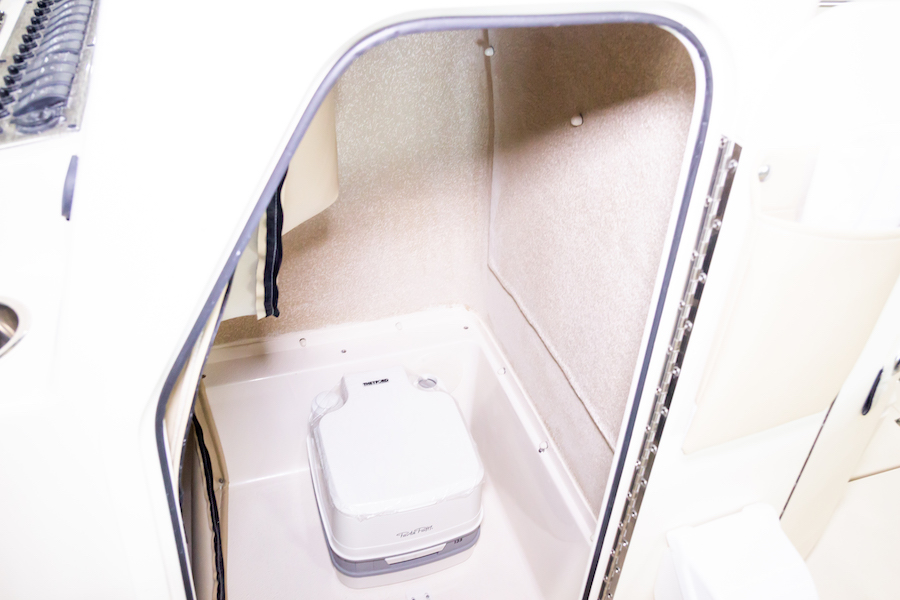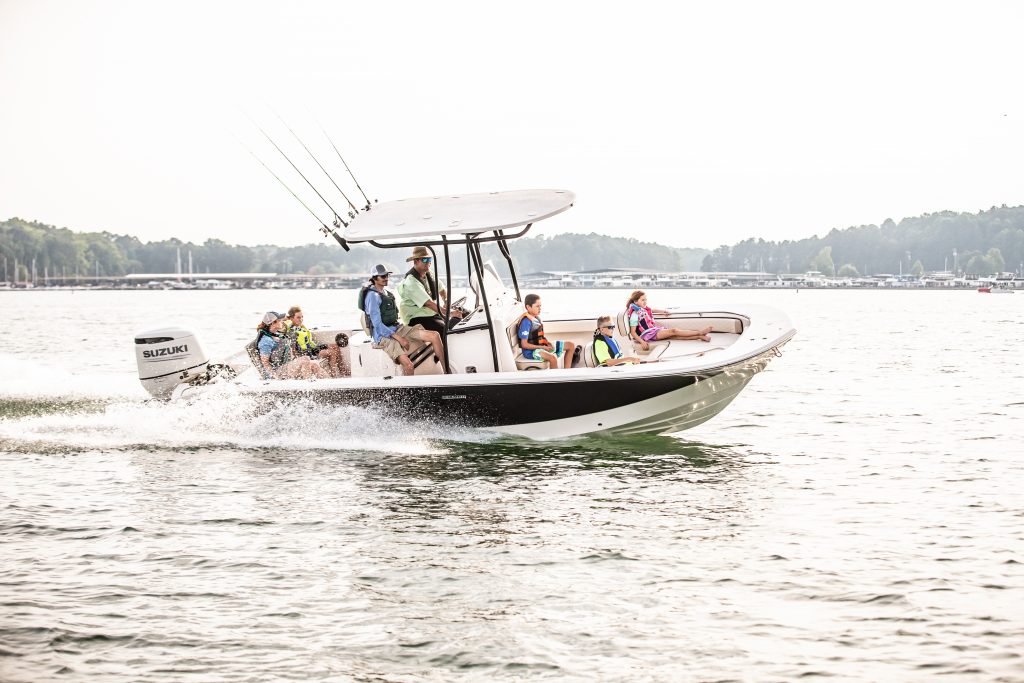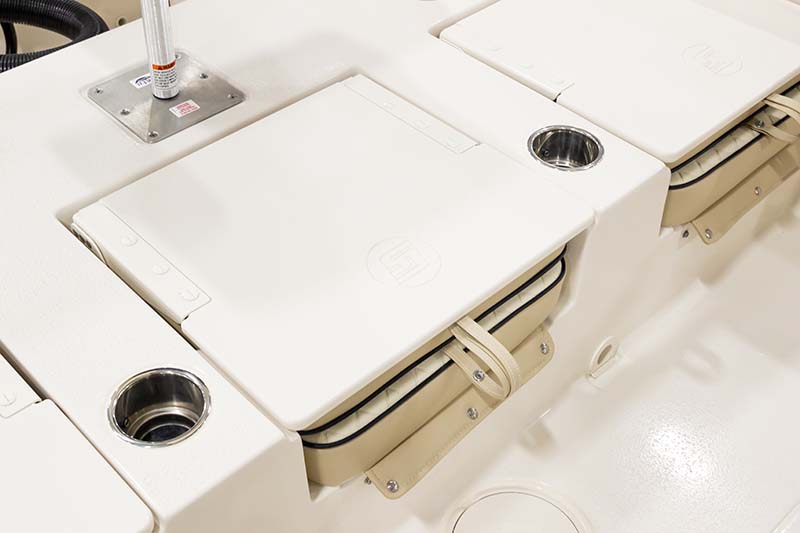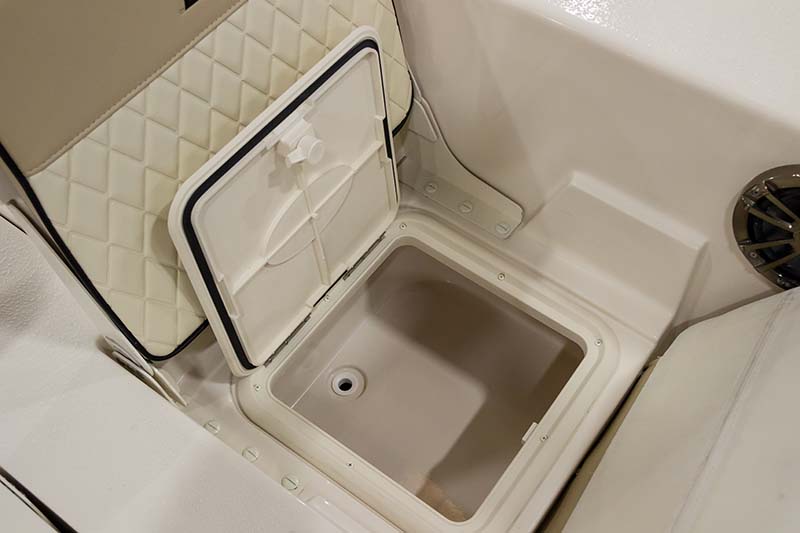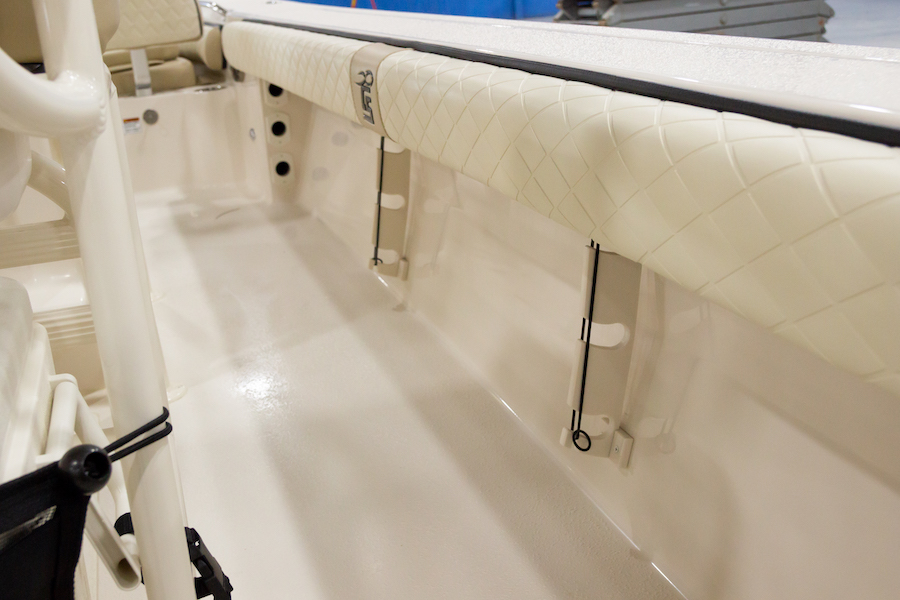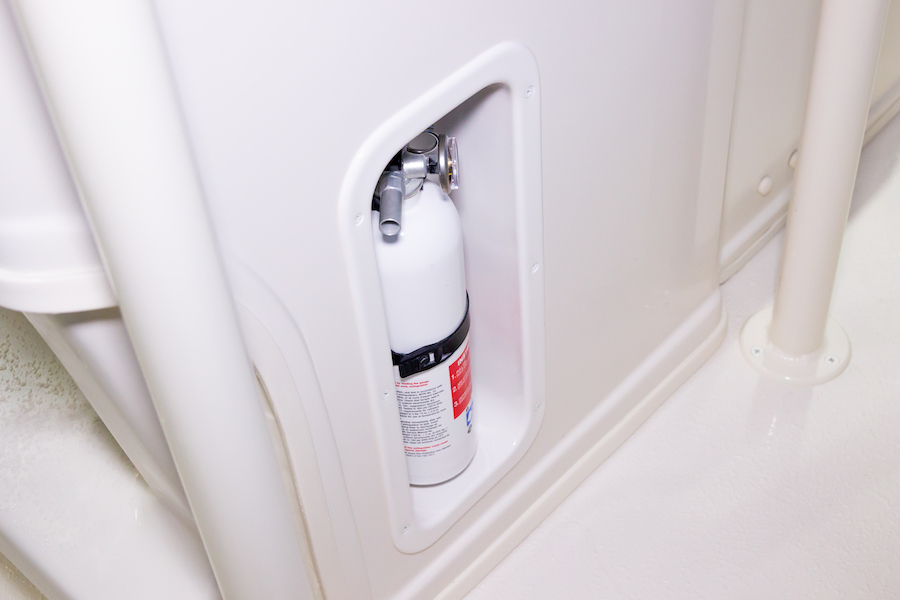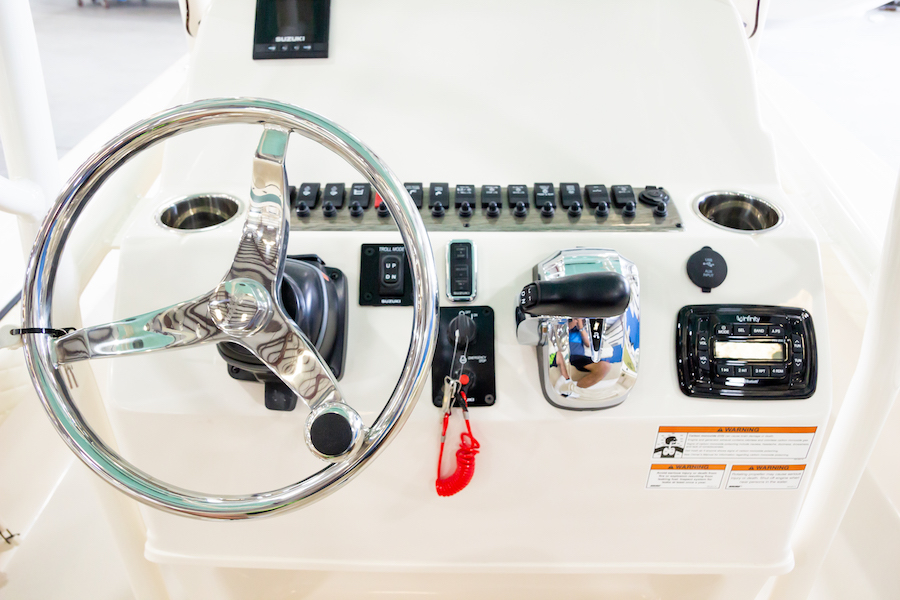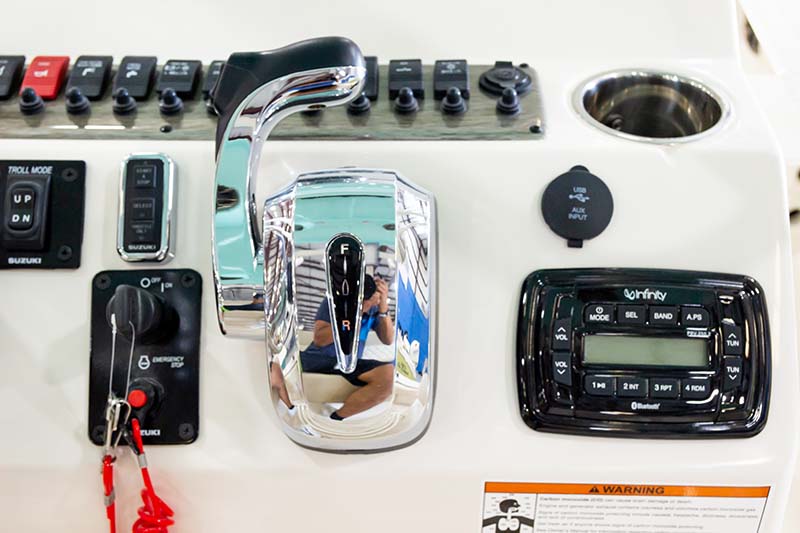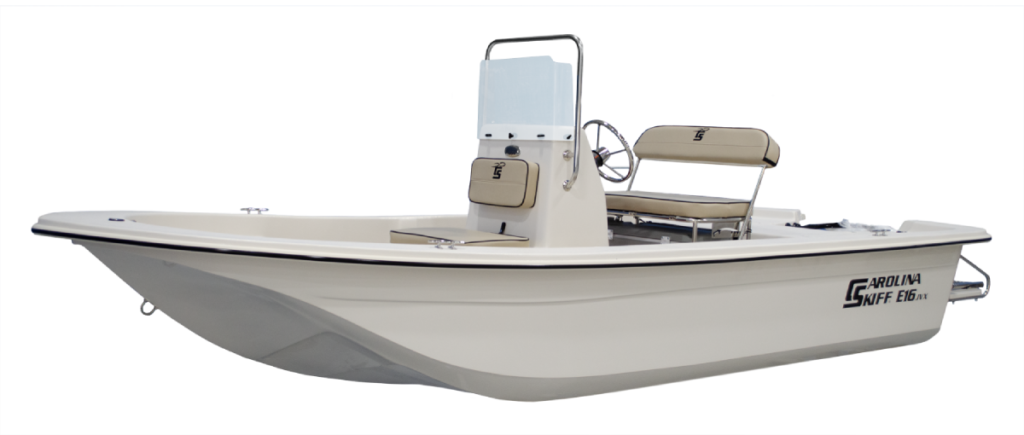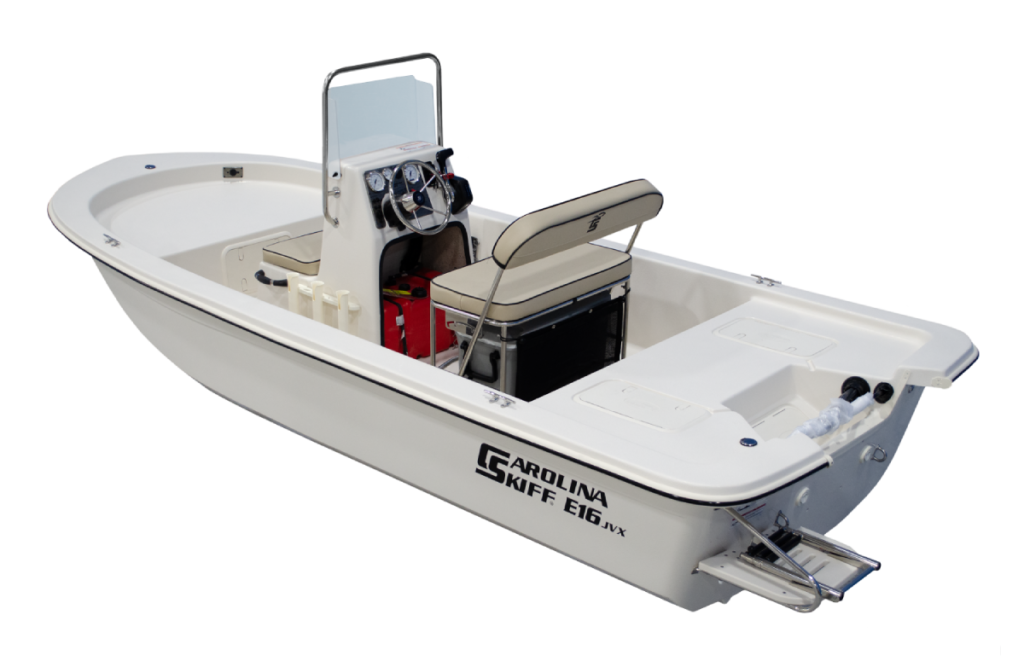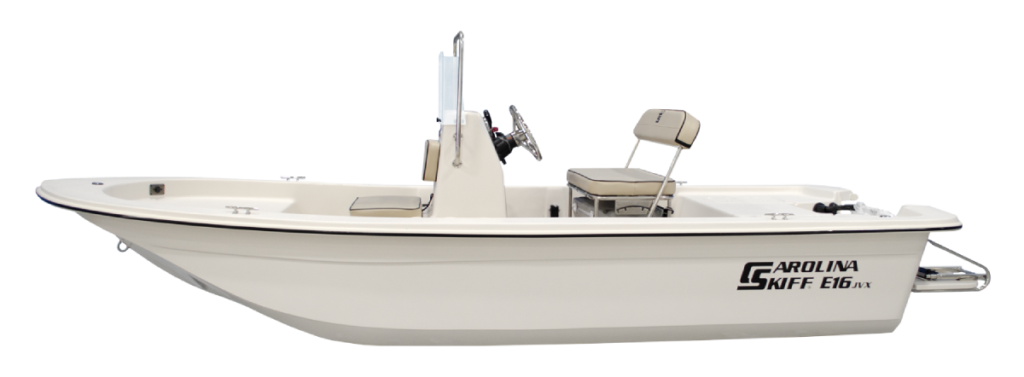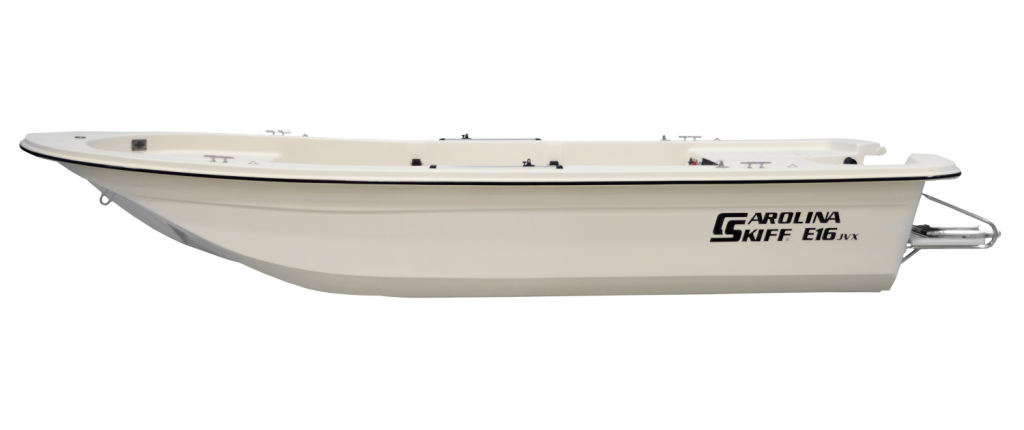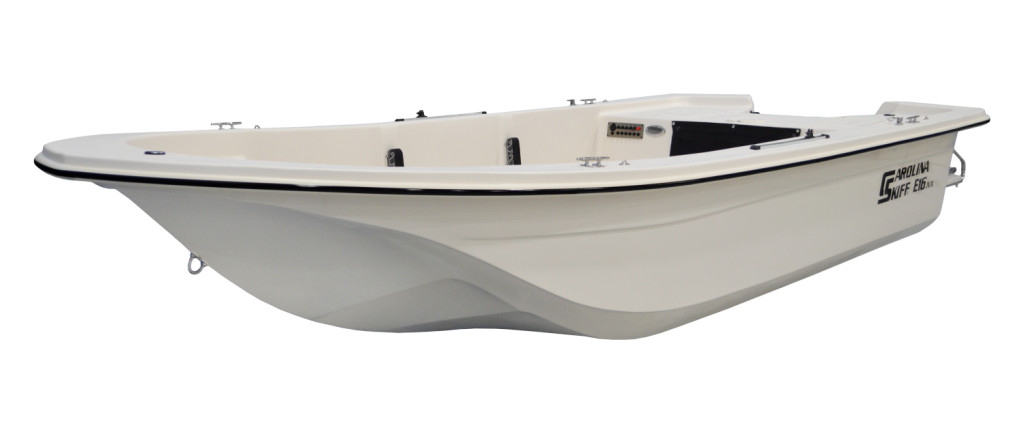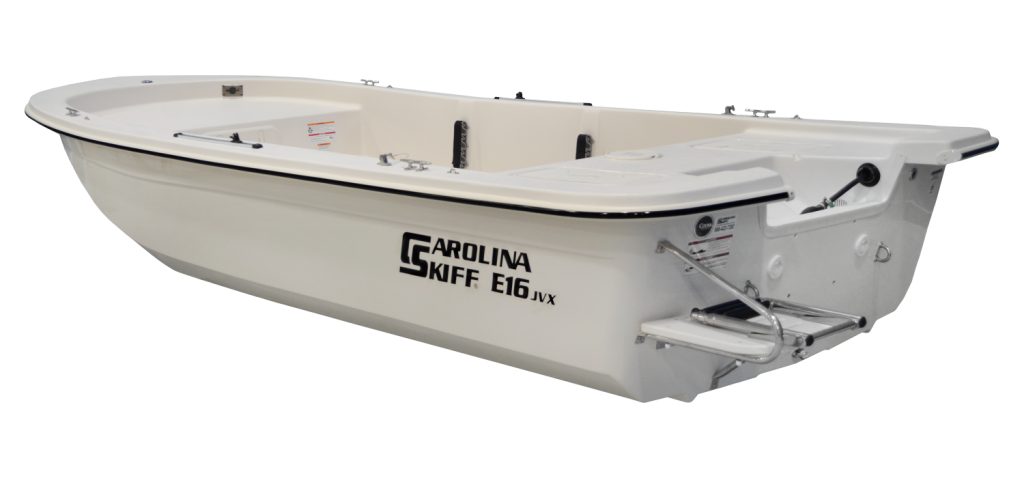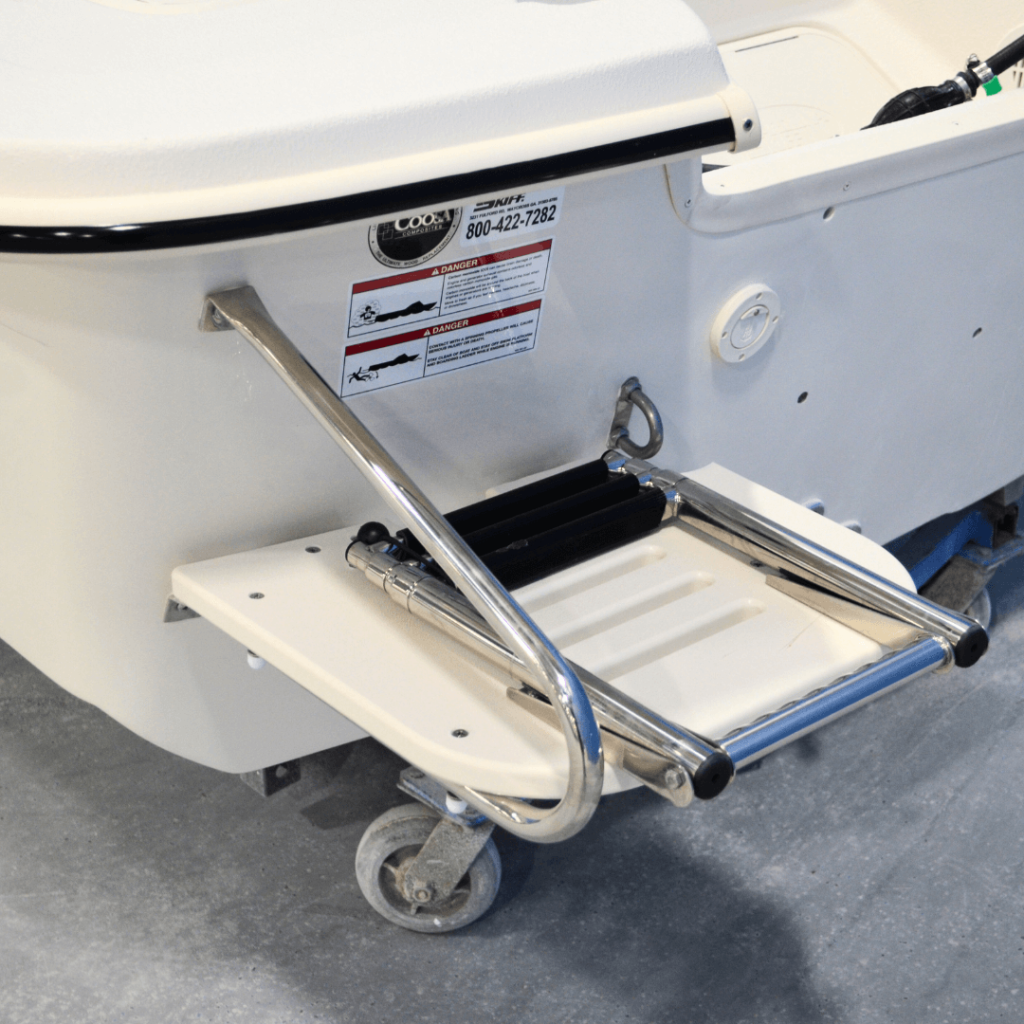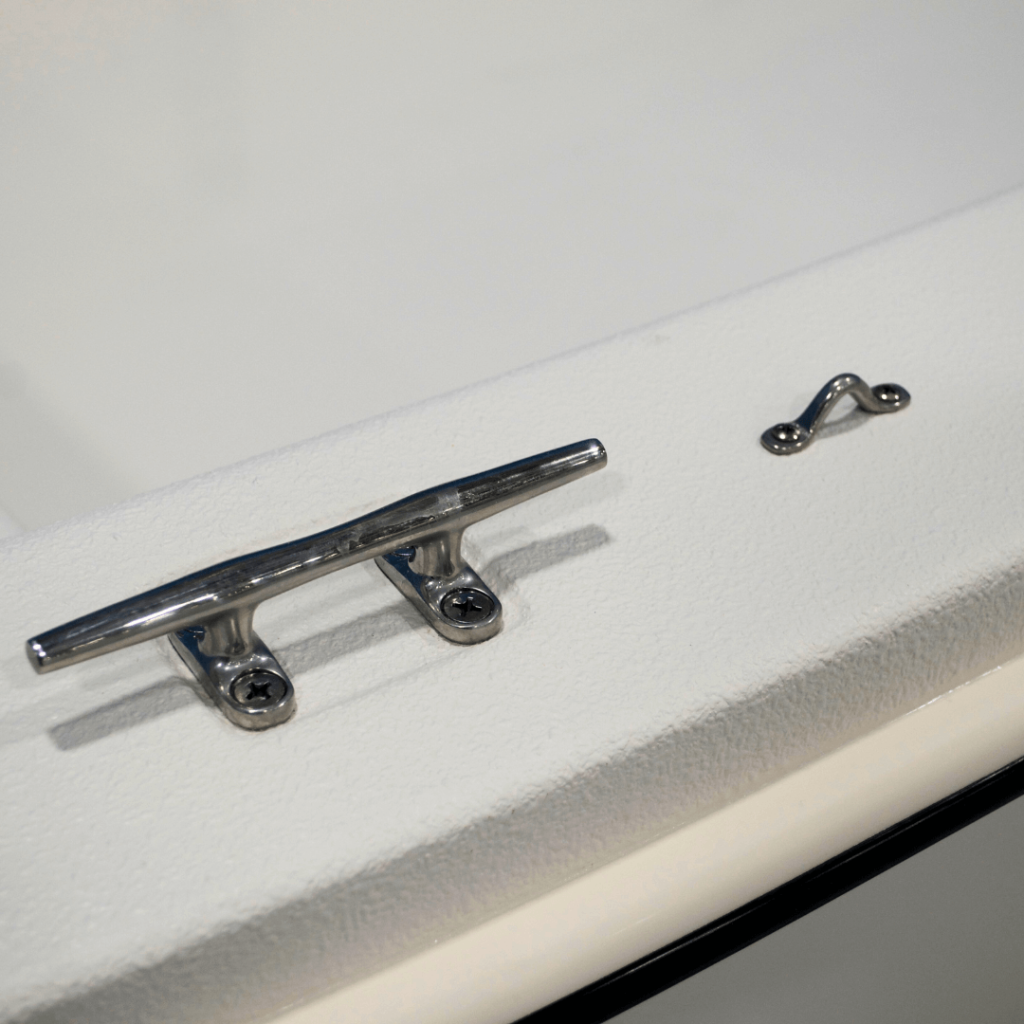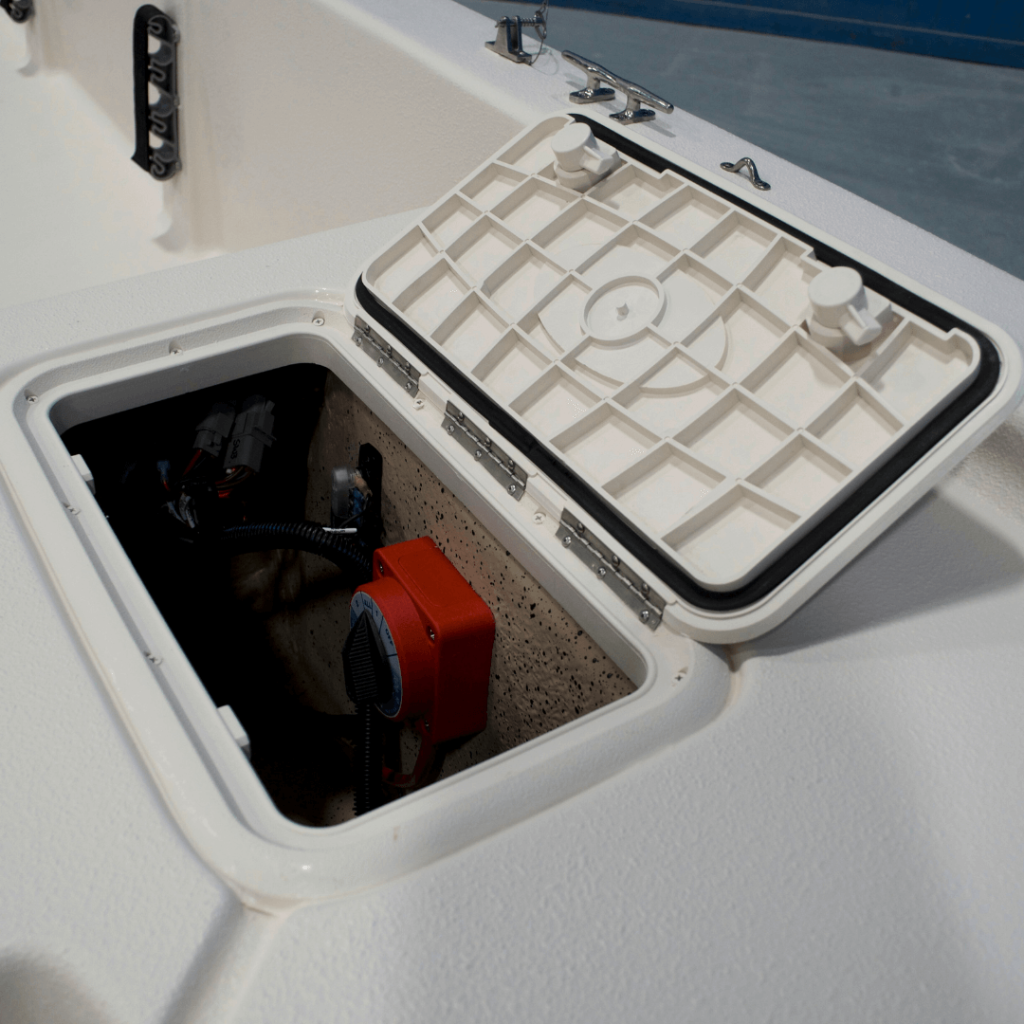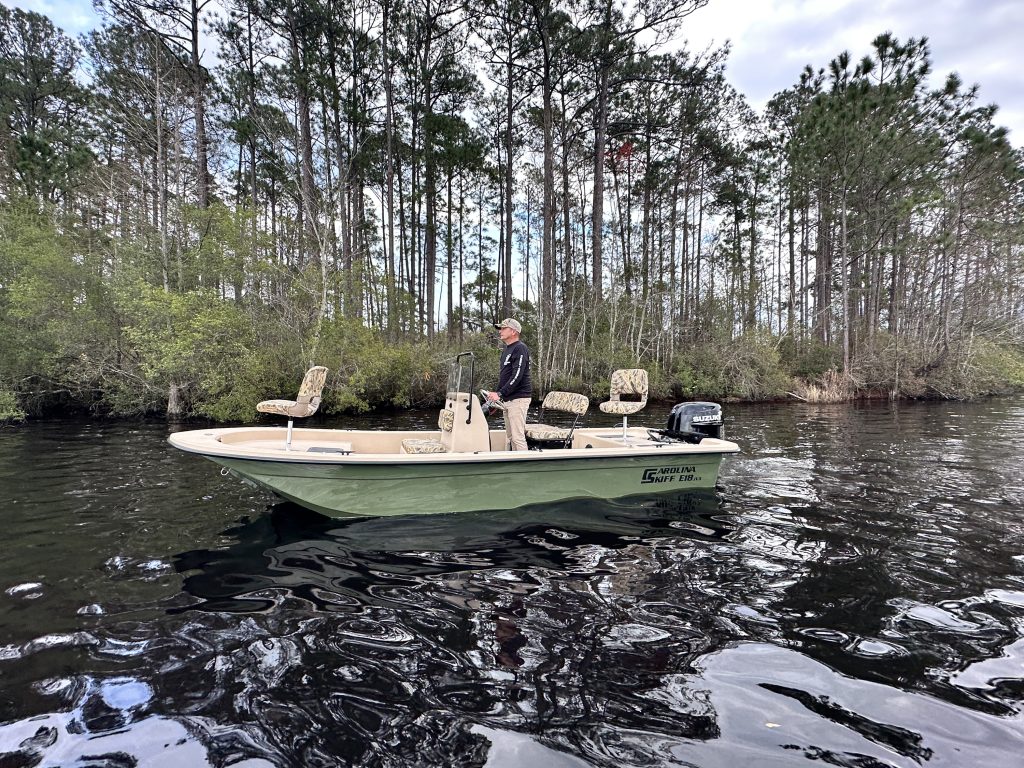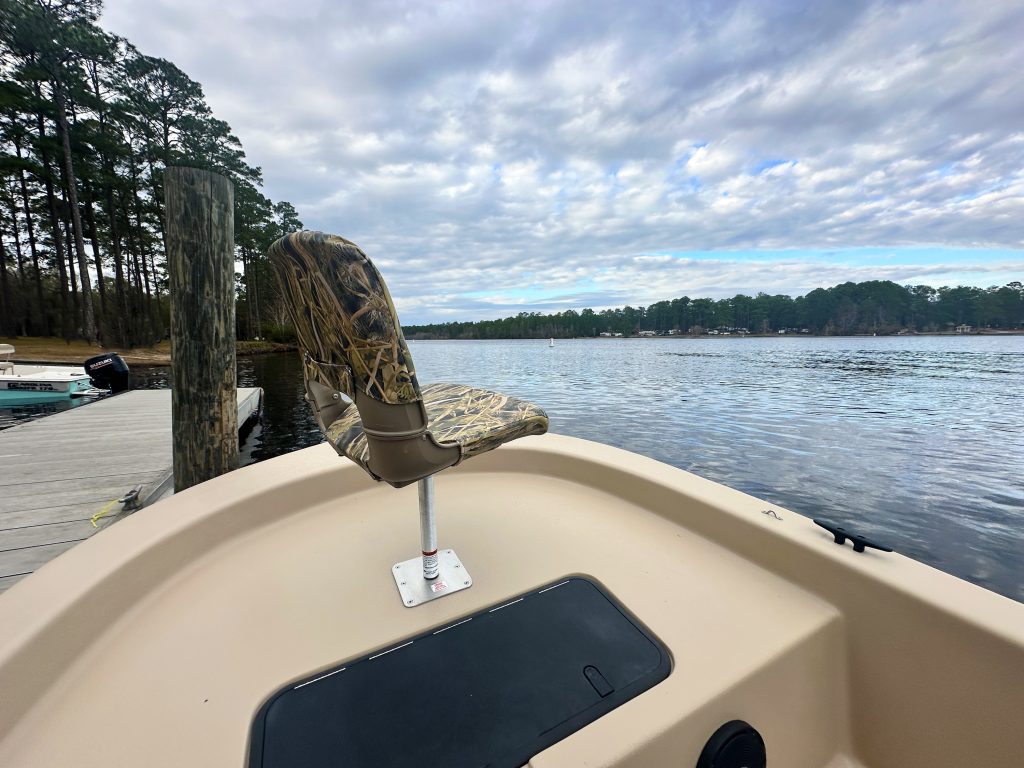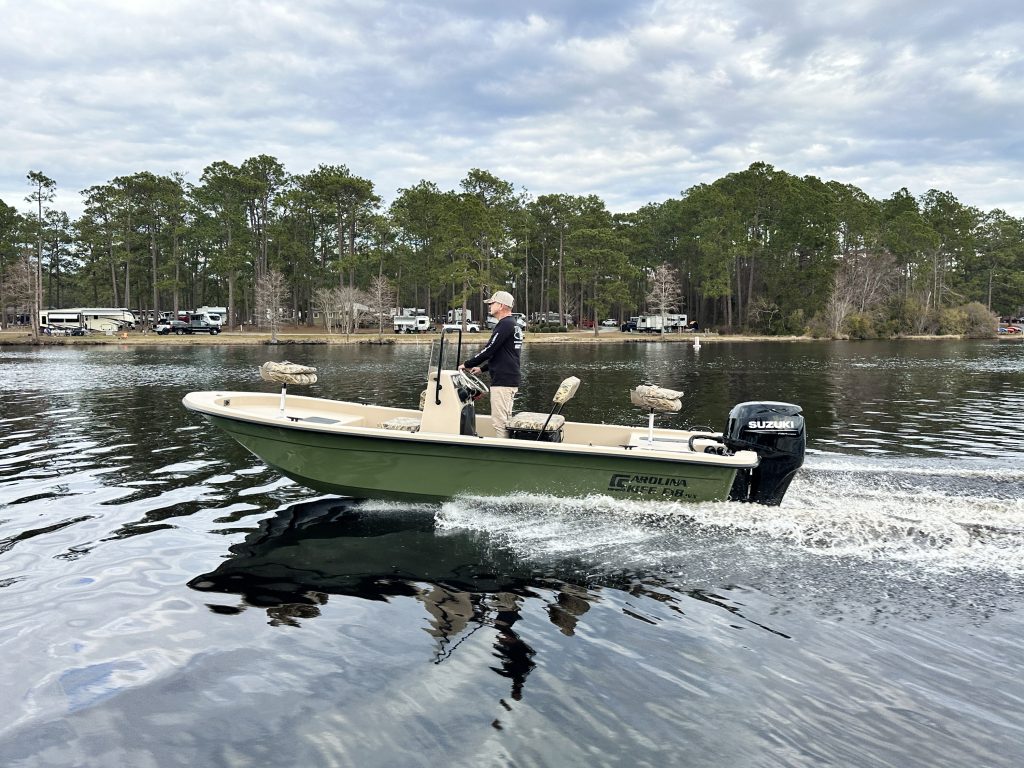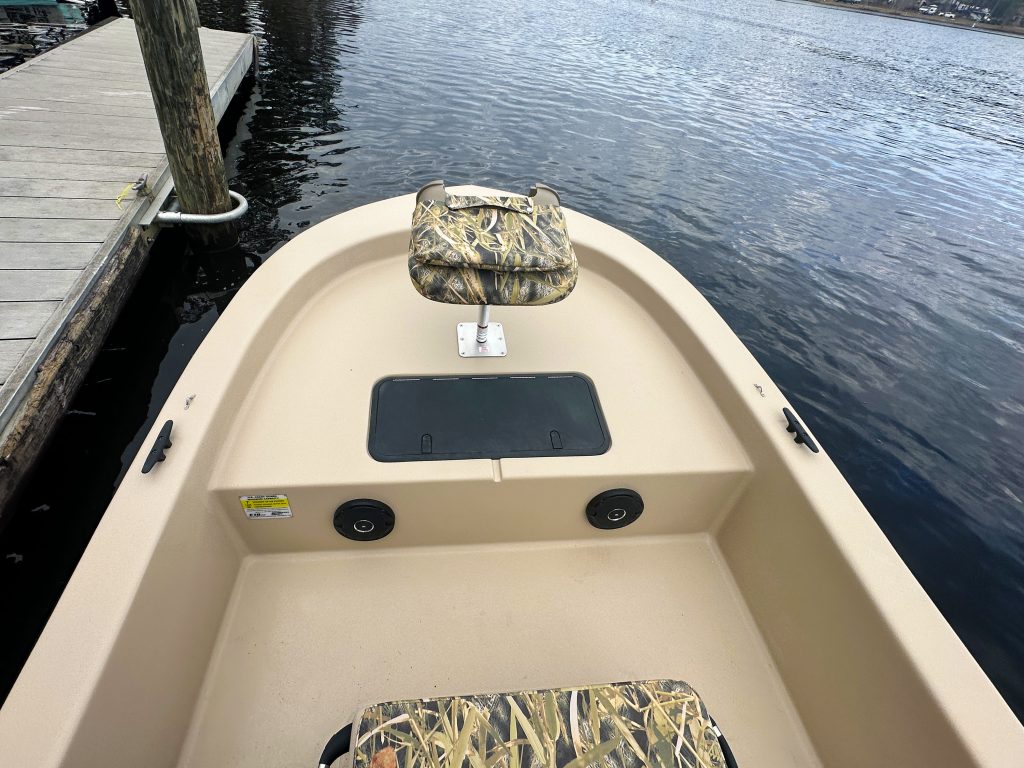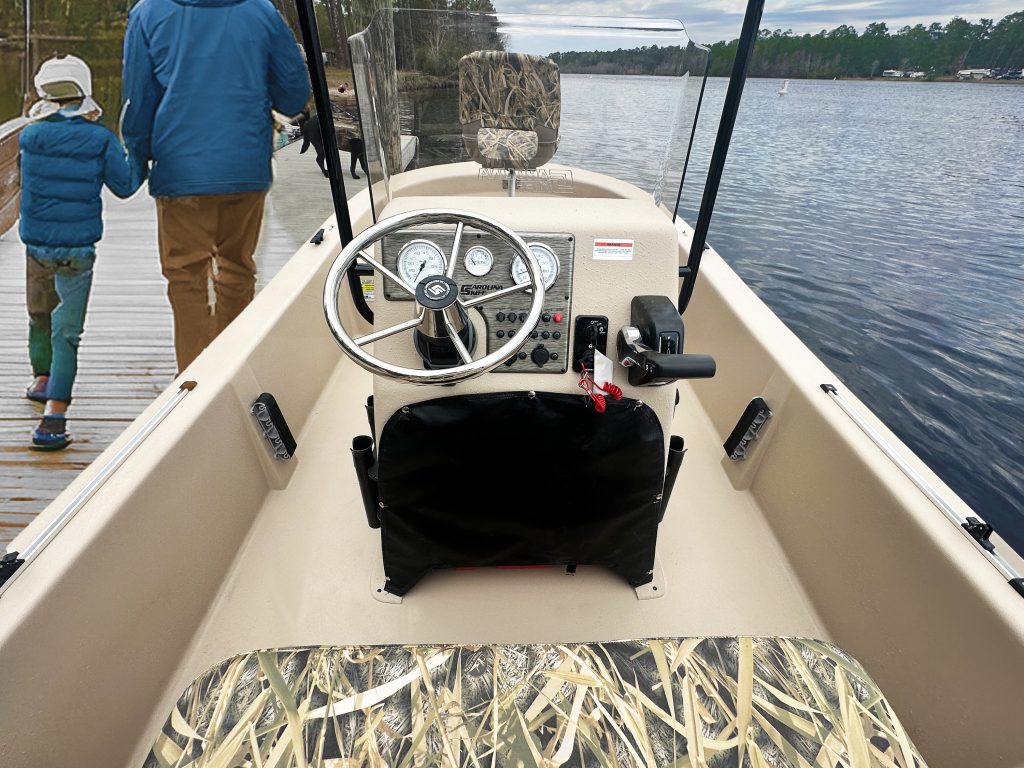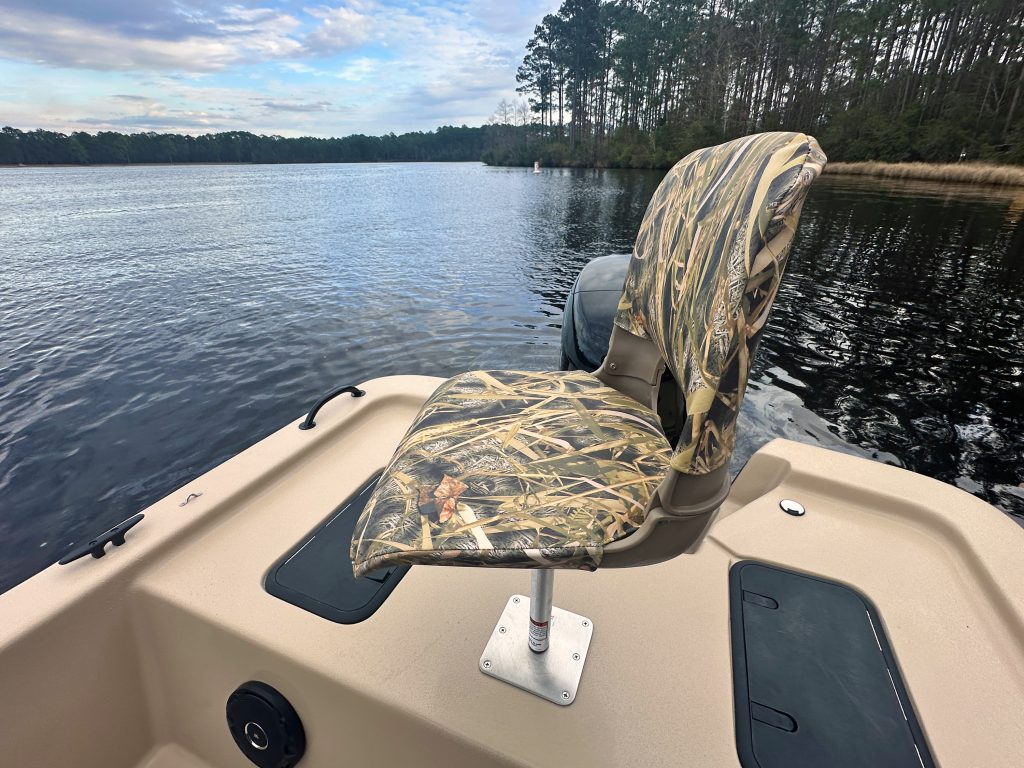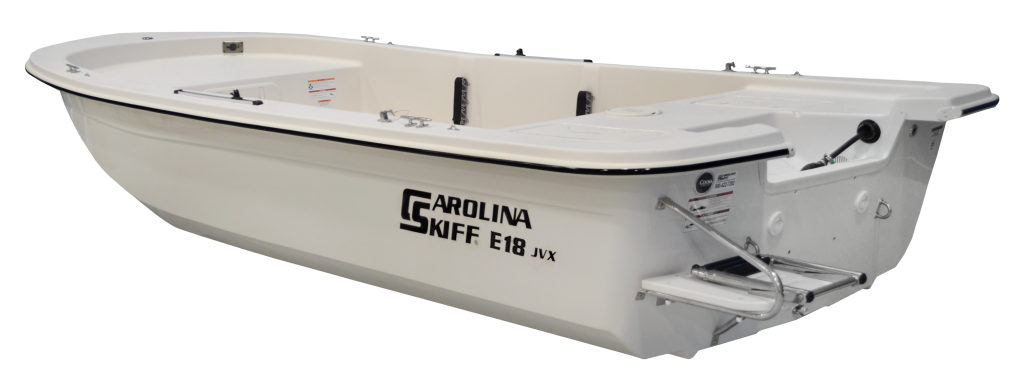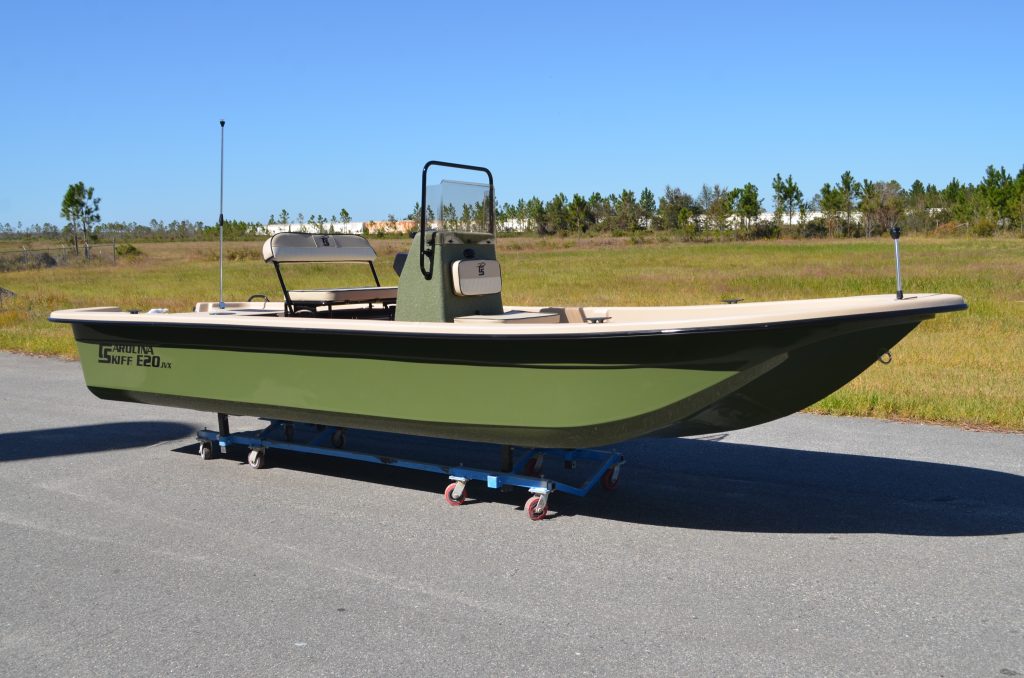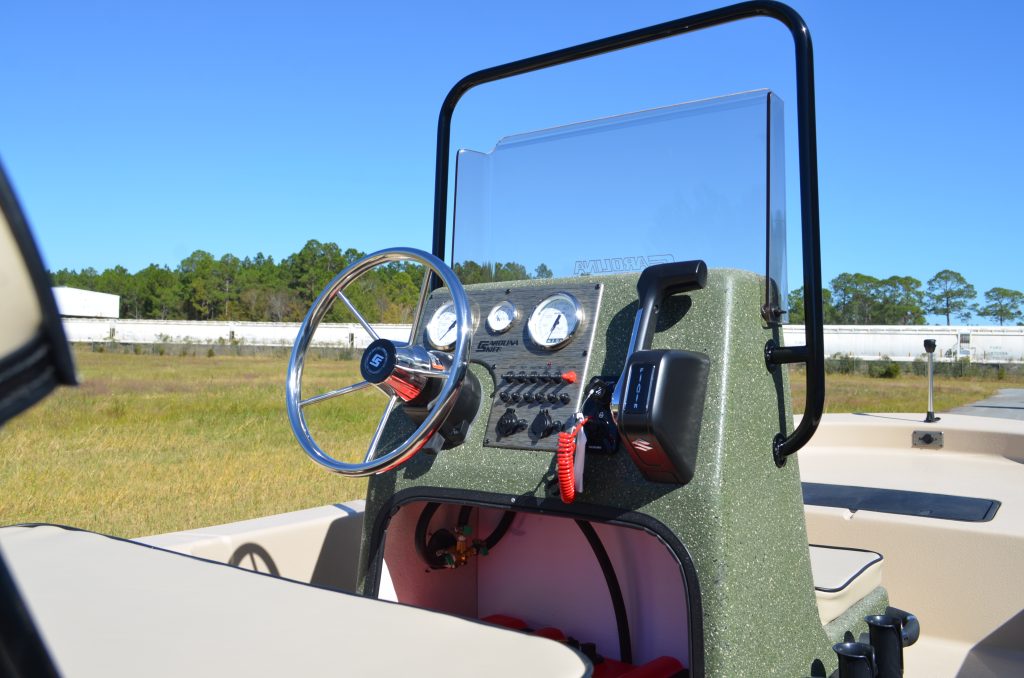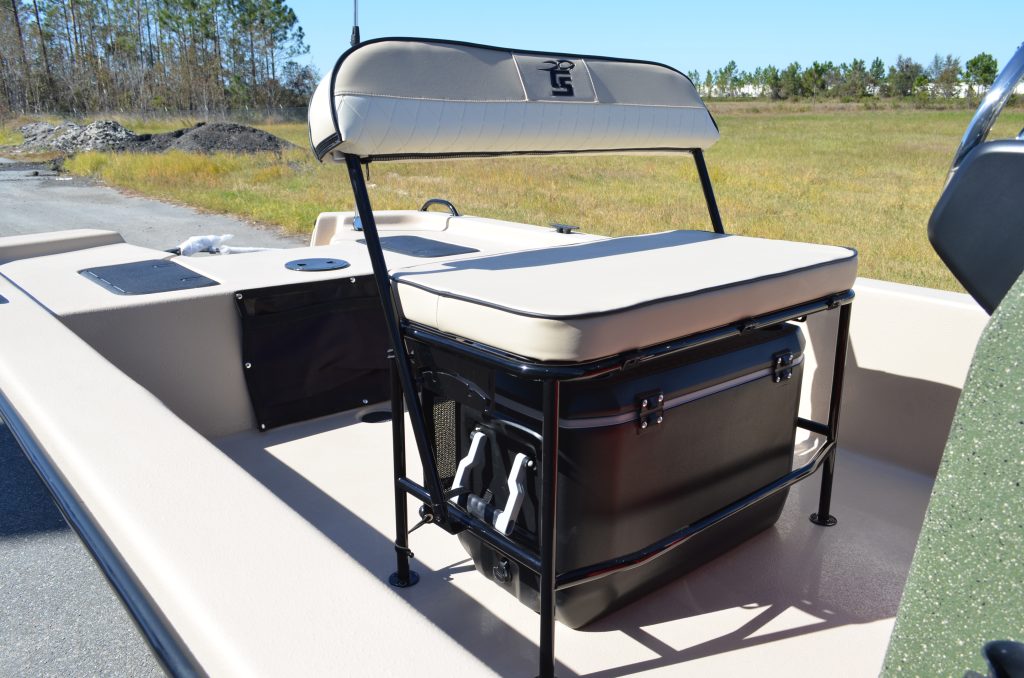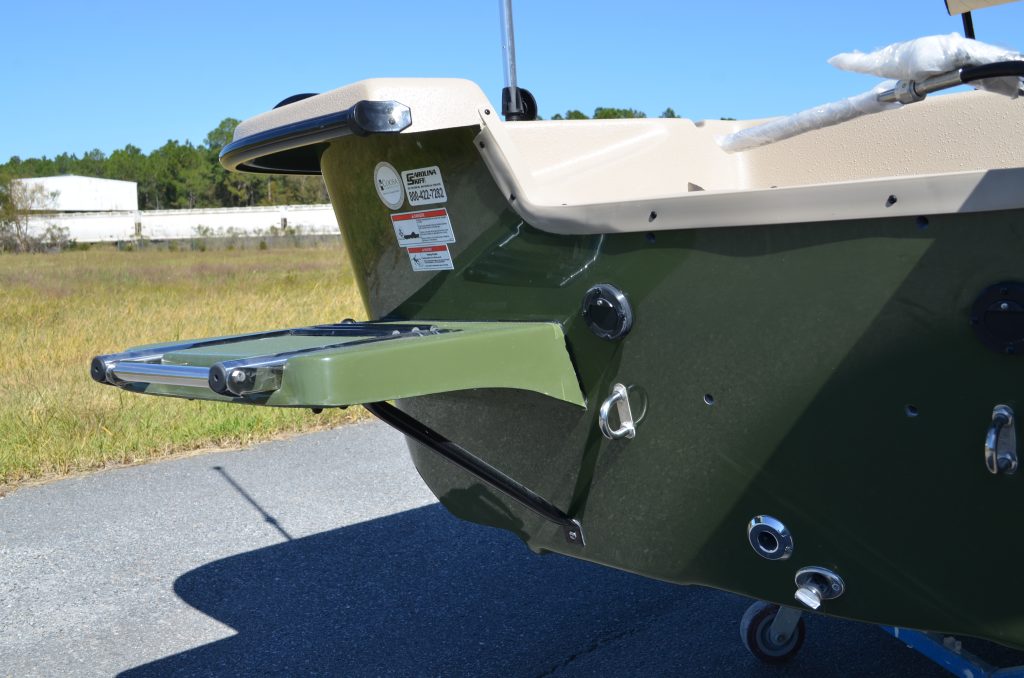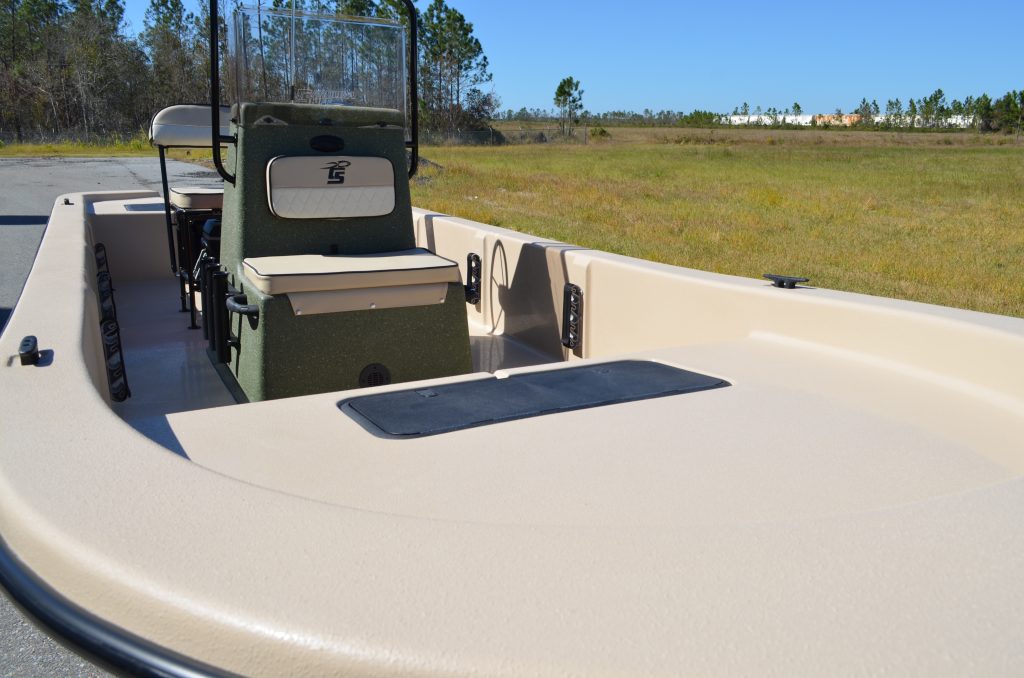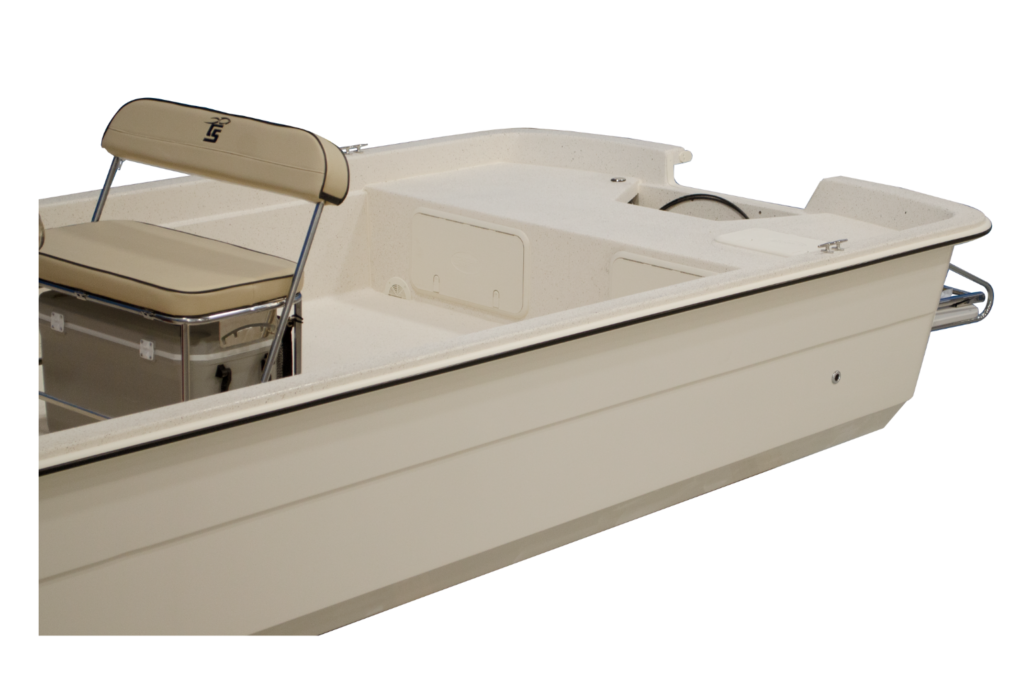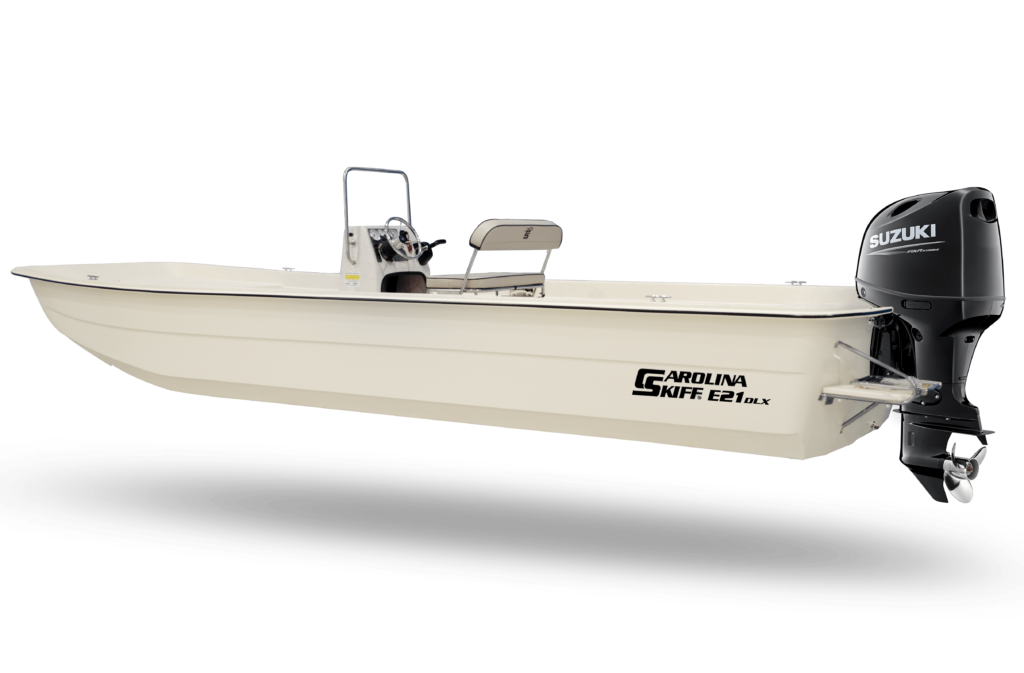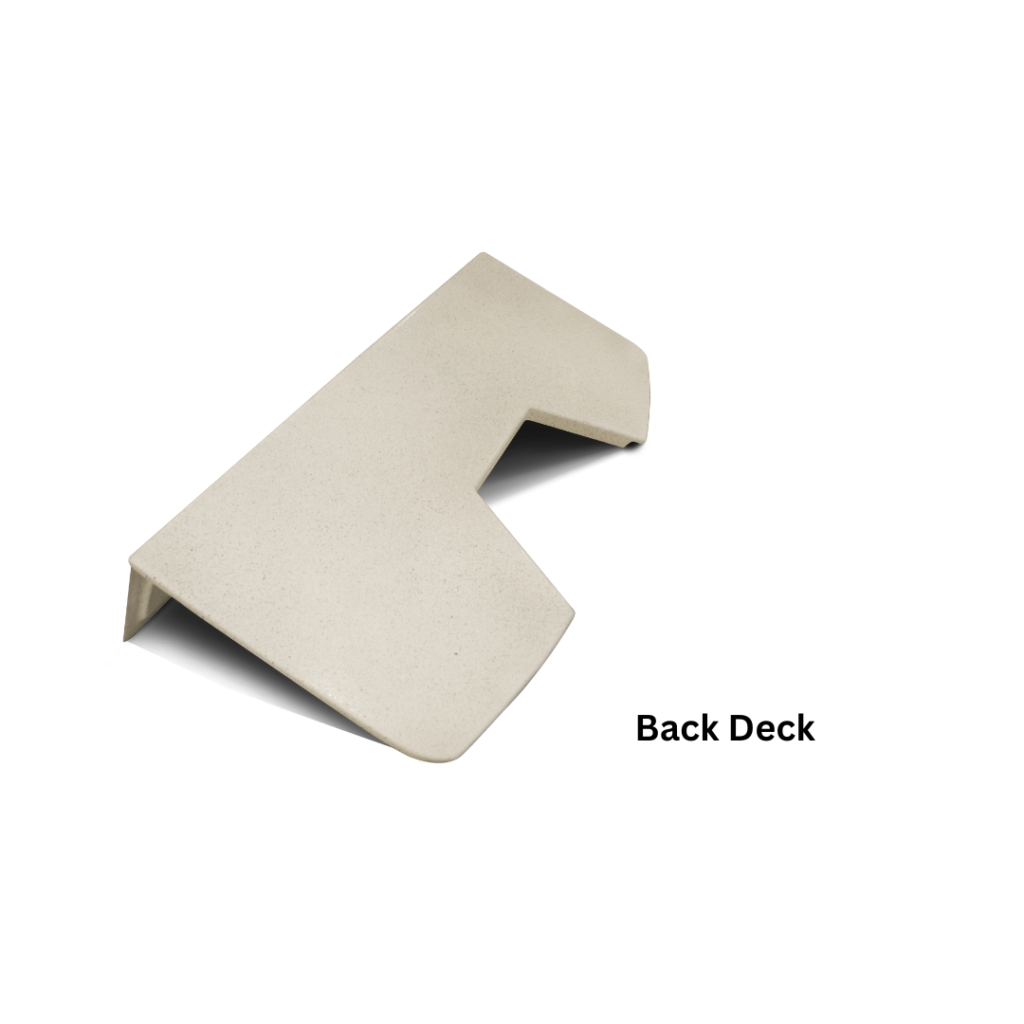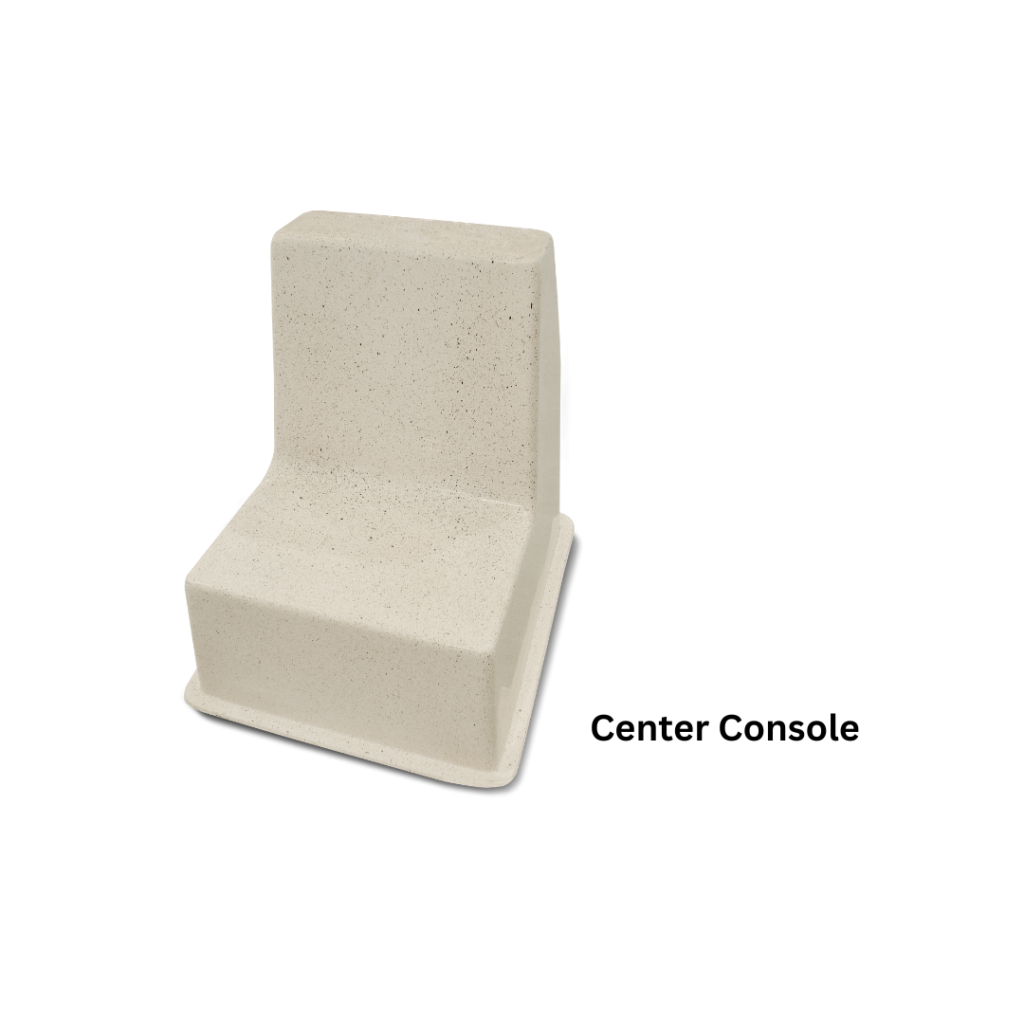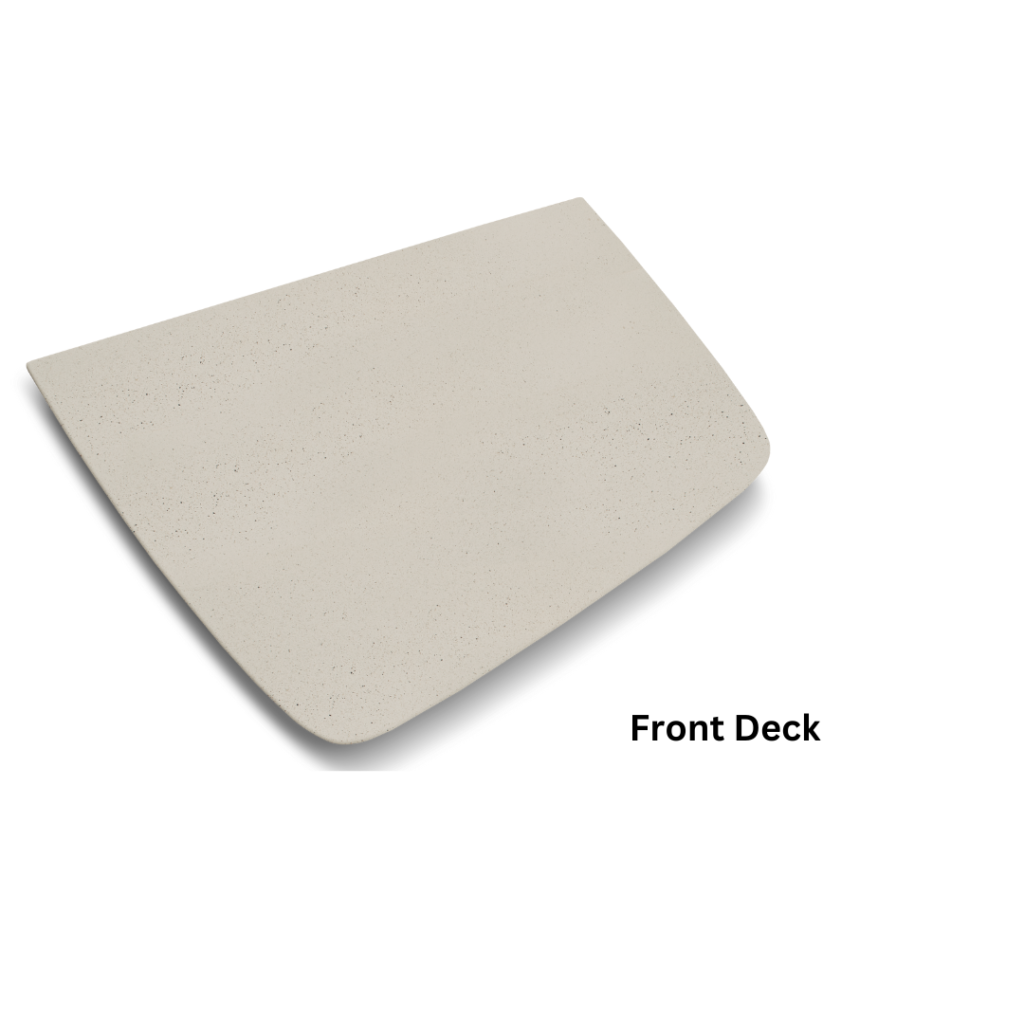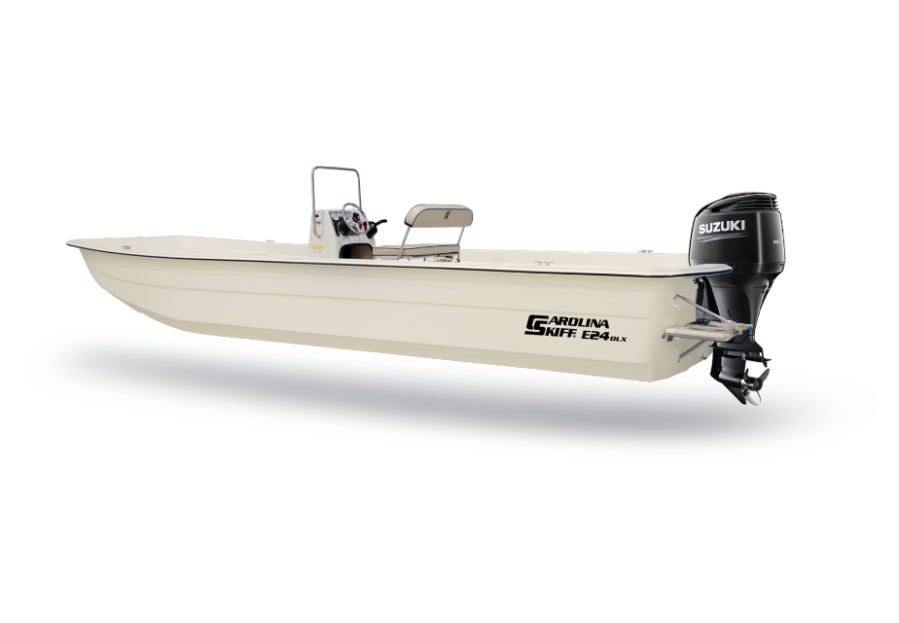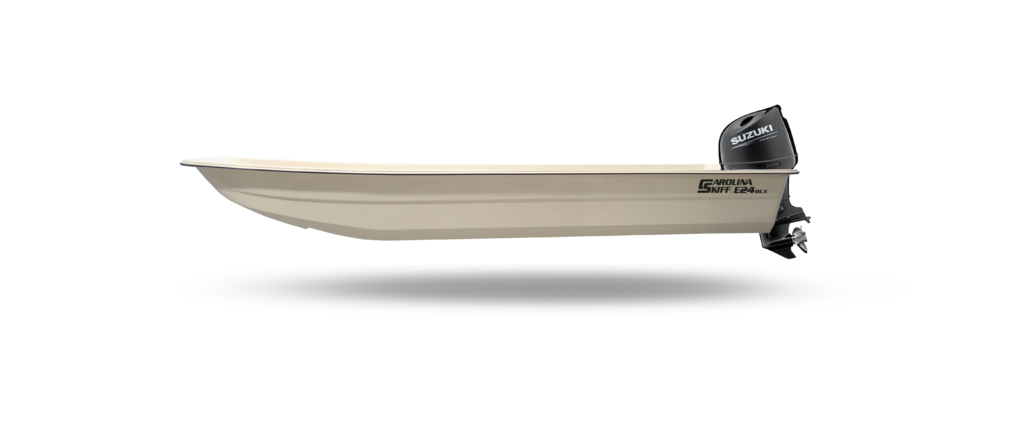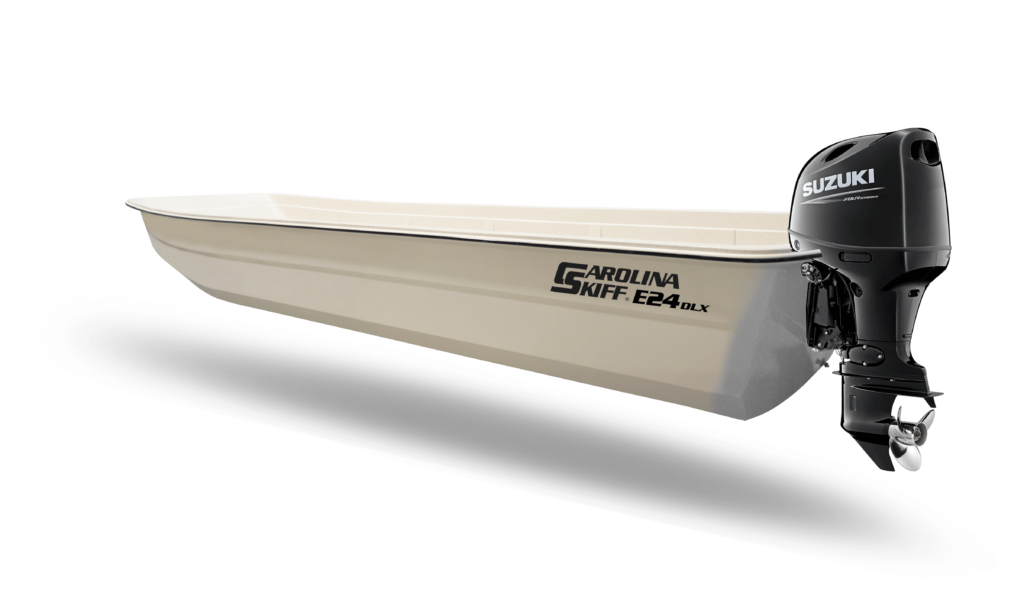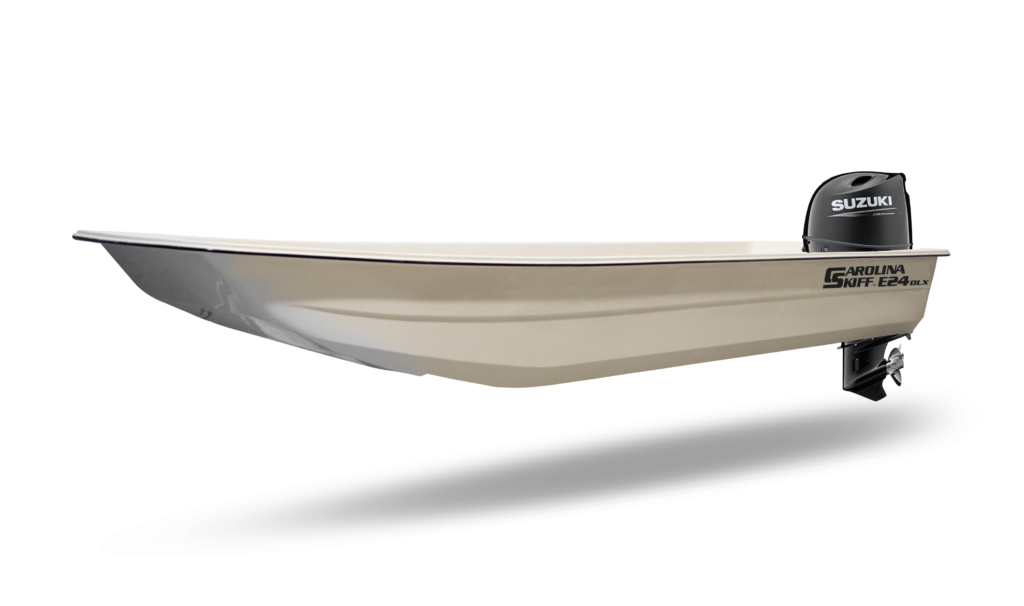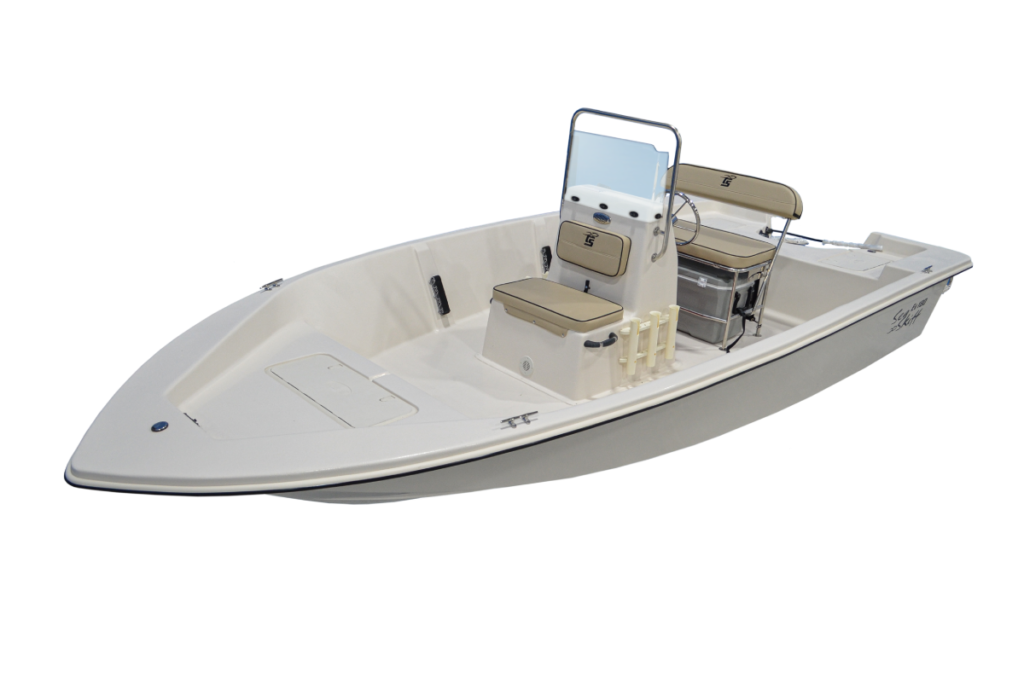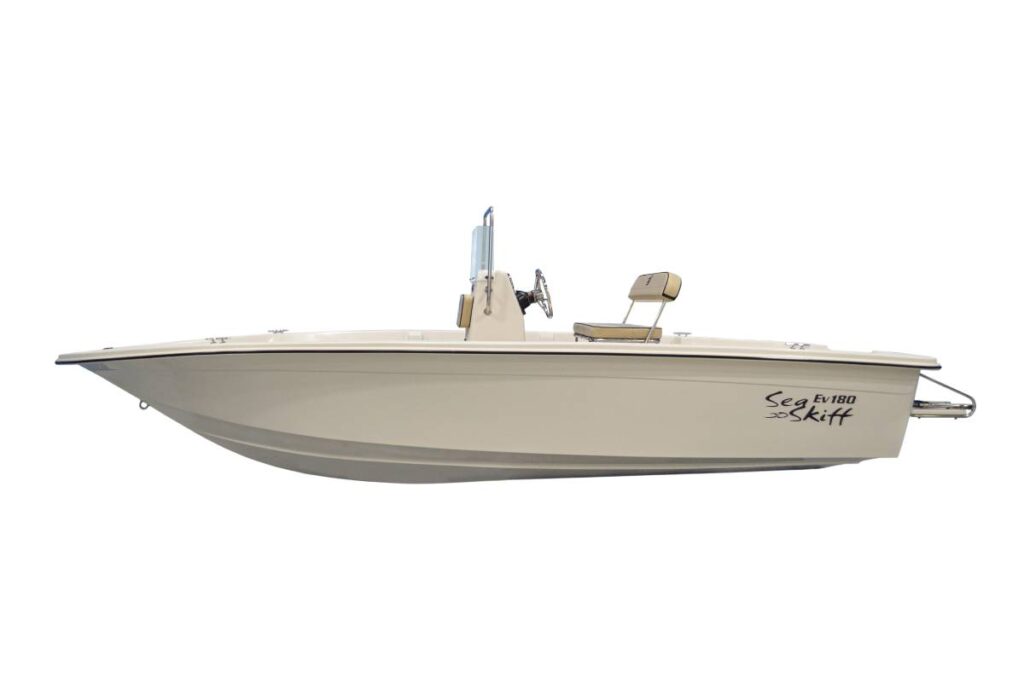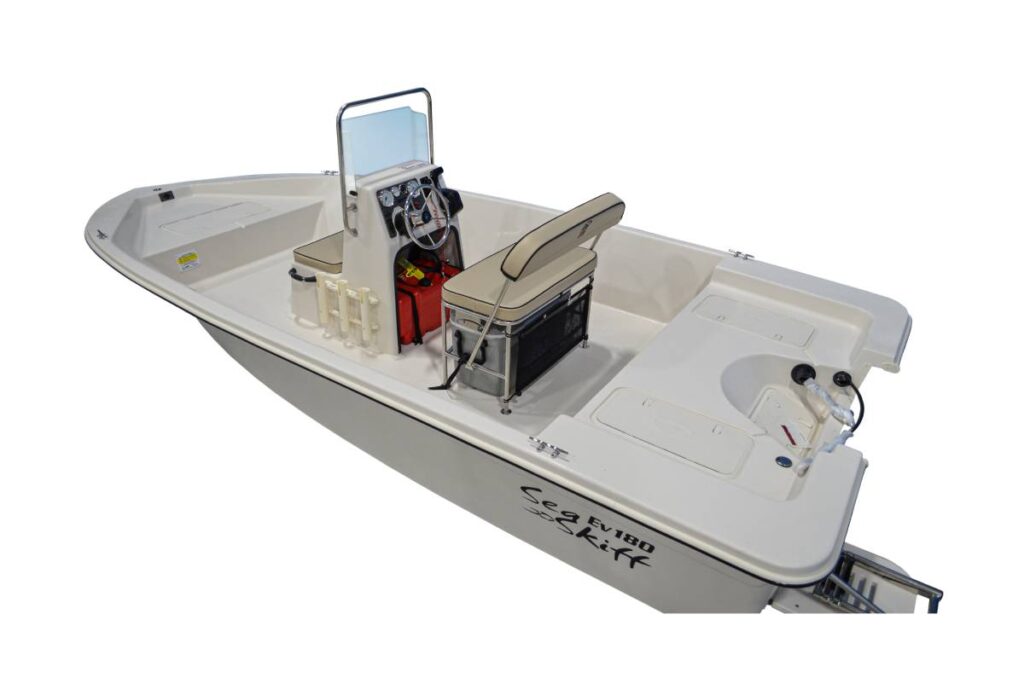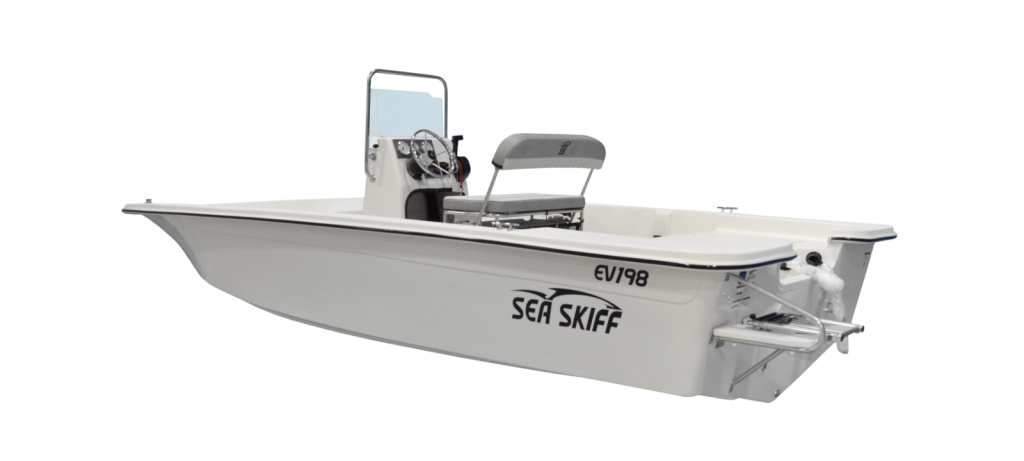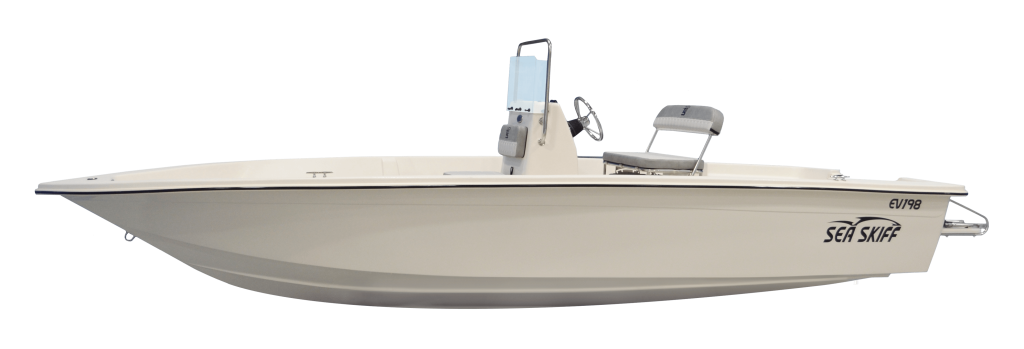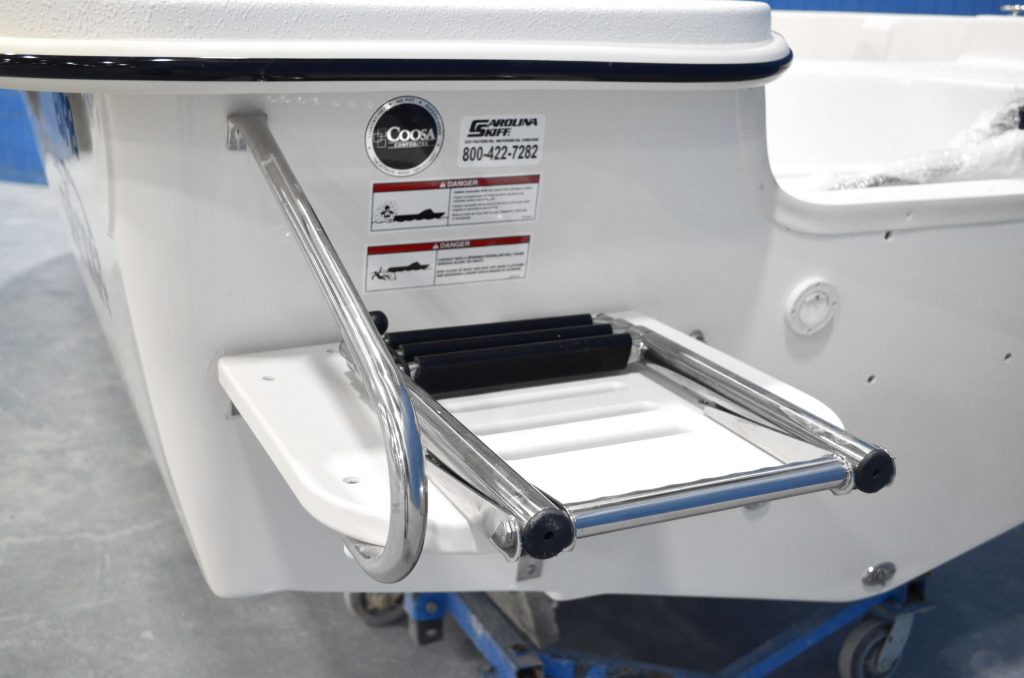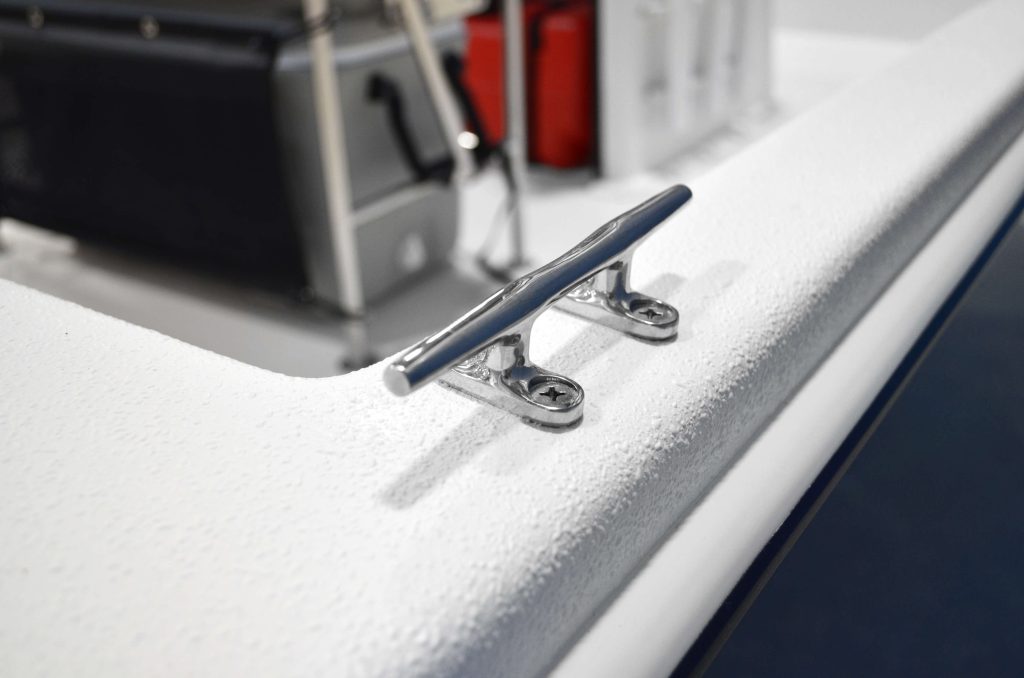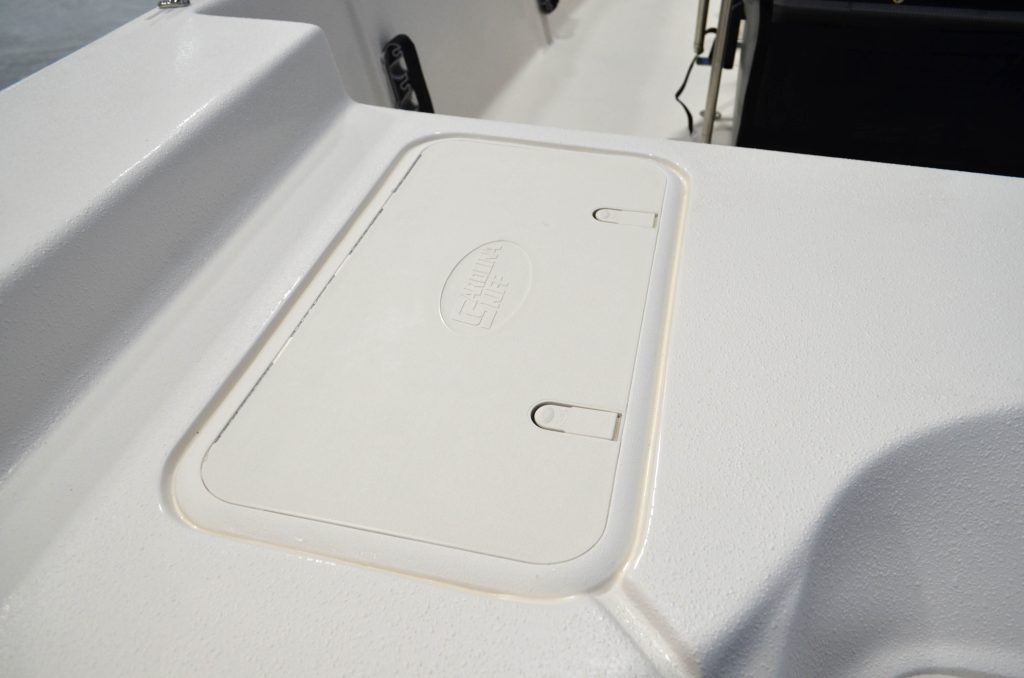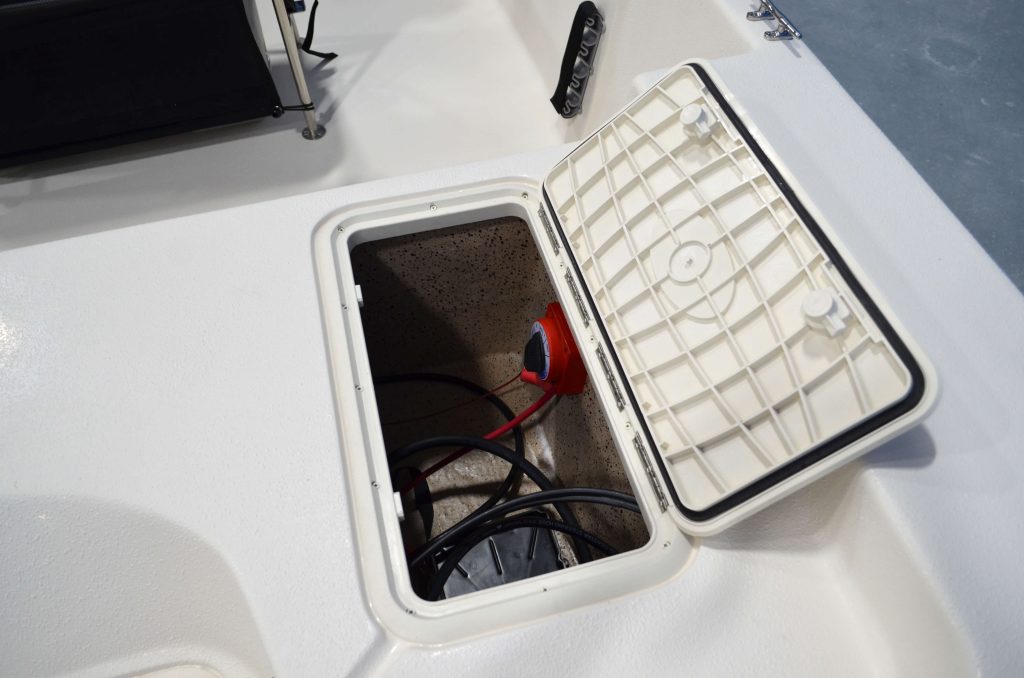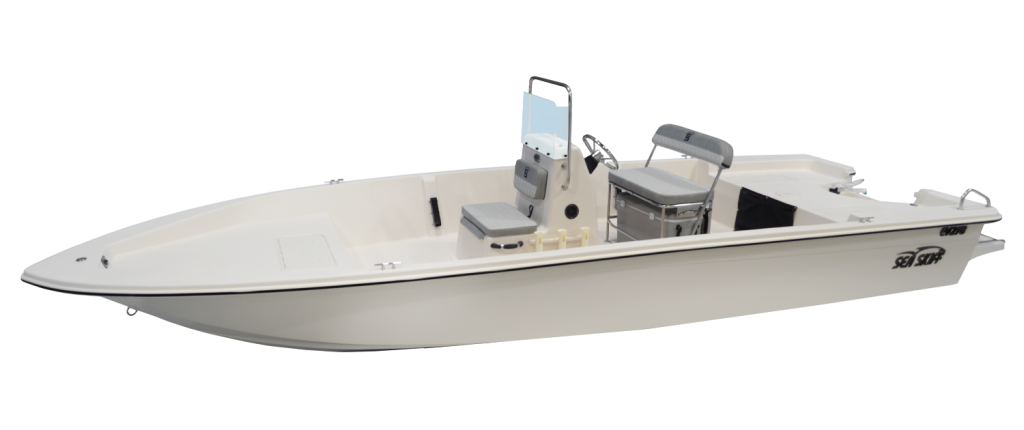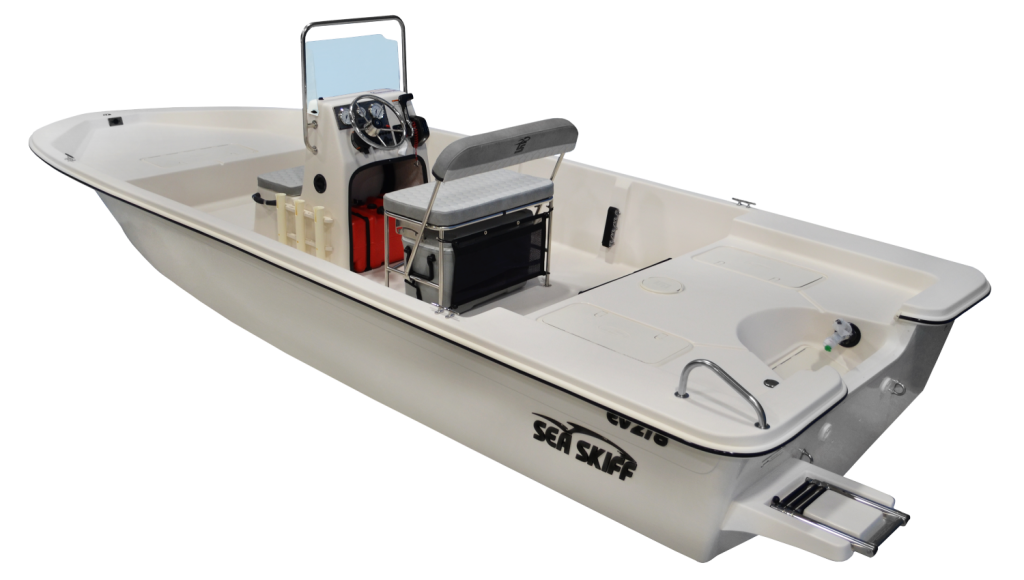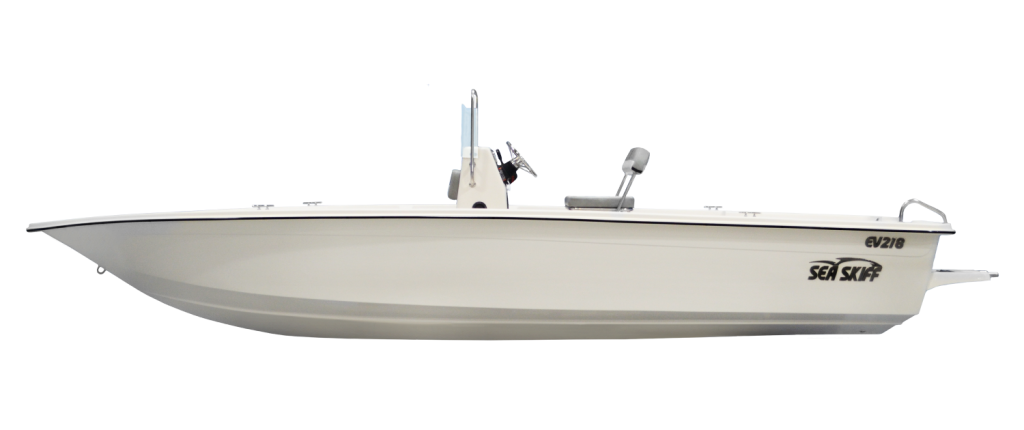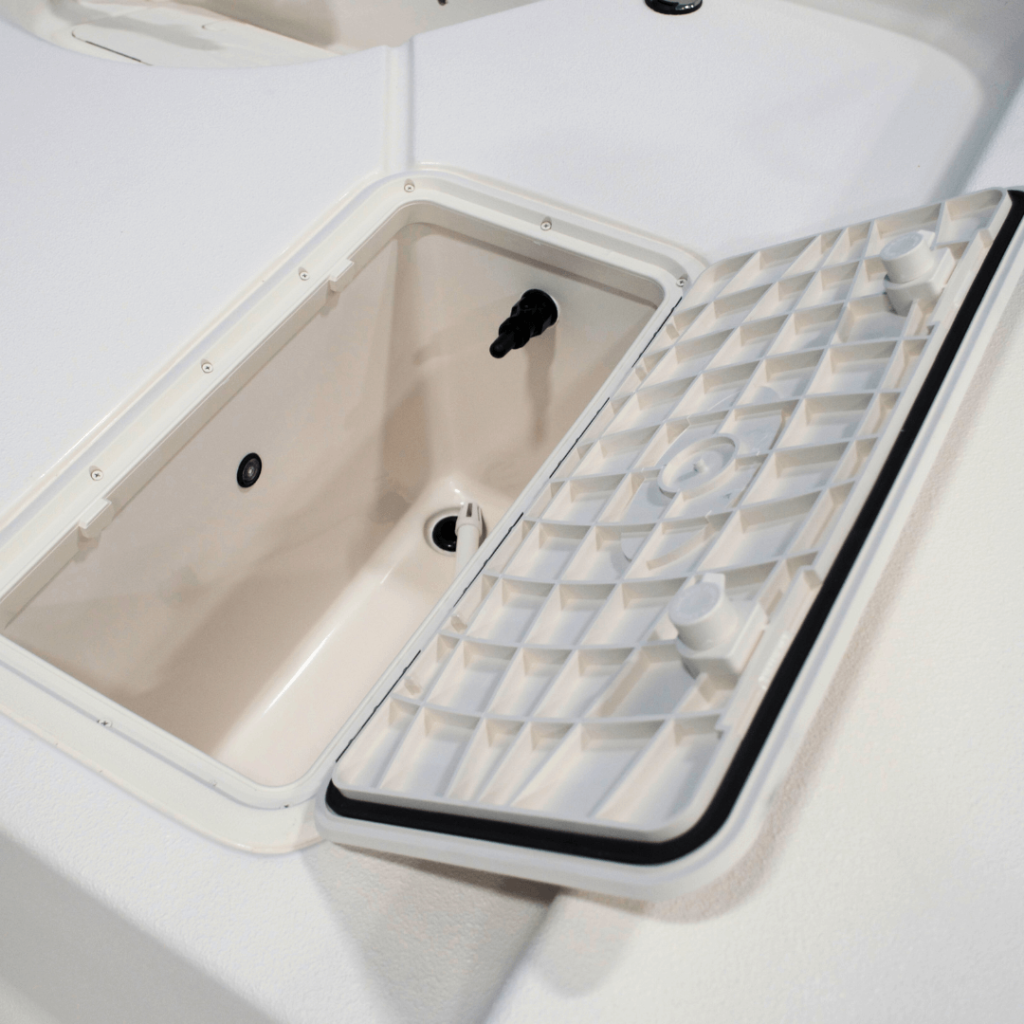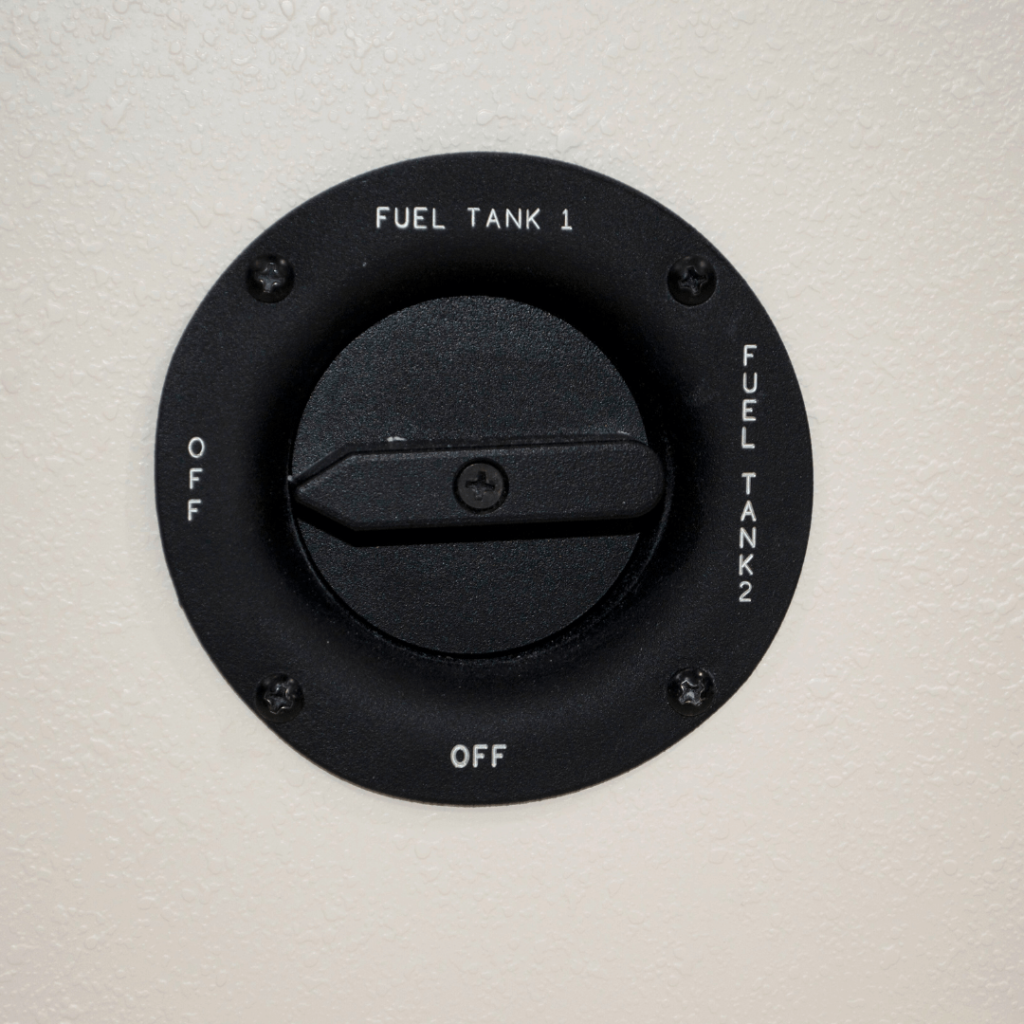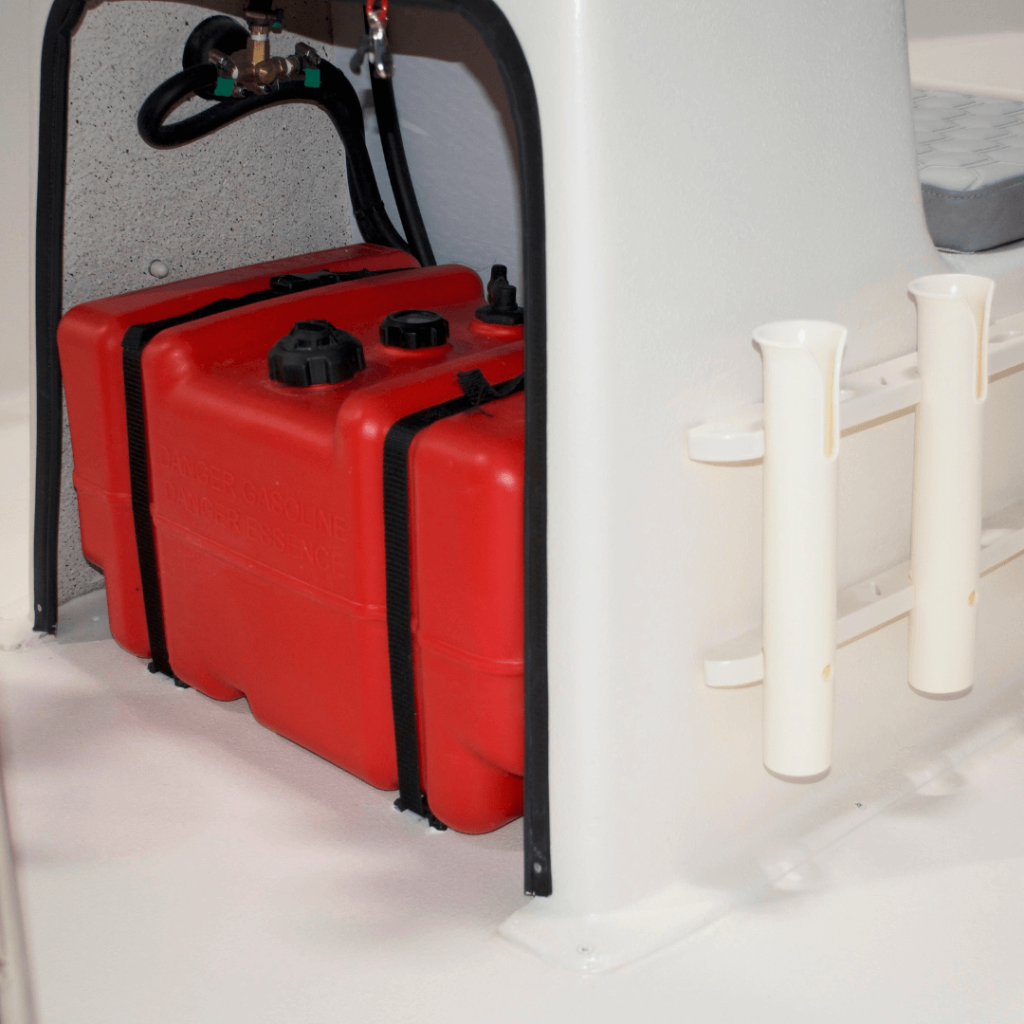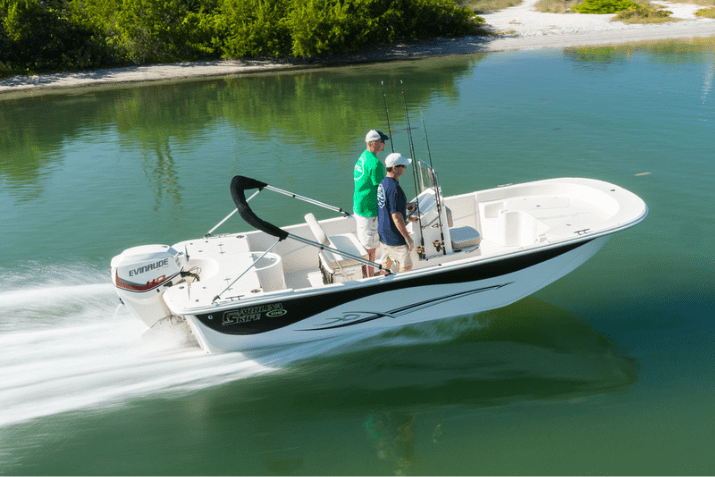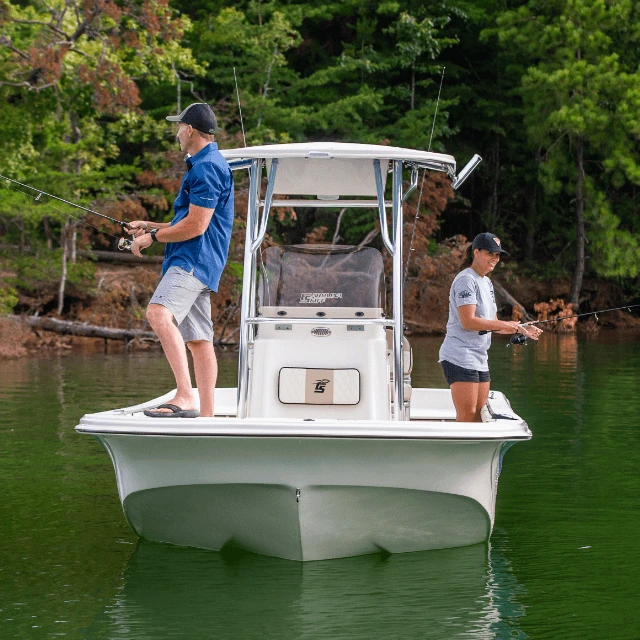Dreaming of owning a boat that offers unbeatable value and endless adventures? Carolina Skiffs makes that possible. Perfect for family, fishing, and fun, these boats are renowned for their durability, low maintenance costs, and thoughtful design. Built with high-quality, easy-to-clean materials, they resist harsh marine environments and require minimal upkeep. But of course, like any vehicle, regular maintenance is essential to keep your Skiff in peak condition.
Carolina Skiffs are built to ABYC and USCG standards, with expert guidance from Precision Marine Consulting. This commitment to quality is backed by a limited ten-year structural and five-year bow-to-stern warranty, ensuring that your moments on the water are not only safe but also unforgettable.
To keep your Skiff in top shape and ready for years of adventures, here are some essential boat maintenance tips tailored specifically for your Carolina Skiff.
Why Boat Maintenance Matters
- Safety: A well-maintained boat is safer for you and your passengers. Regular checks can prevent mechanical failures that could be dangerous on the water.
- Preservation: Maintenance helps retain your boat’s value and extends its life.
- Durability: Carolina Skiffs are built to be tough and reliable. Proper care ensures these qualities endure over time.
Neglecting maintenance can lead to engine problems, hull damage, and general wear and tear. Regular care not only prevents these issues but also saves you time and money in the long run. Follow these boat maintenance tips to keep your Carolina Skiff in great shape, always ready for your next adventure.
Boat Maintenance Tips
Seasonal Tips
Keeping your Carolina Skiff in great condition requires seasonal maintenance. Here are some tips.
- Spring: Start by thoroughly looking over the hull for any signs of damage or wear. Check the engine, electrical systems, and steering mechanisms. Change the engine oil and swap the oil filter. Inspect the fuel system for leaks or faults and replace the fuel filter if necessary. Make sure the battery is fully charged and in good condition. Also, verify that all safety equipment, such as life jackets, fire extinguishers, and flares, are present and in working order.
- Summer: Regular cleaning is crucial during peak boating season (we’ll get to more about that later). Periodically check the engine’s performance and monitor fluid levels. Make sure the cooling system is functioning properly to prevent overheating. Lastly, inspect the propeller for damage and remove any debris that may have become entangled.
- Fall: Check out and address any issues that arose during the summer as the boating season winds down. During the off-season, a fuel stabilizer should be used to prevent fuel degradation. If you live in an area with freezing temps, winterize the engine and other systems to protect them from cold damage.
- Winter: Prepare the boat for storage by cleaning it thoroughly and covering it with a boat cover. Remove the battery and be sure to store it in a cool, dry place, making sure it stays charged to prevent it from dying.
Cleaning Tips
After each use, rinse the hull with fresh water to remove salt and debris. Use mild, marine-grade detergents to clean the hull without damaging the surface. Applying a coat of marine wax will protect the fiberglass from UV rays and oxidation, making cleaning easier in the future.
Don’t forget the bolts! Saltwater can cause bolts to rust if not properly maintained. We suggest using stainless steel polishes to help protect them. Screws are covered in stainless steel to guard against rust but have a sturdier metal underneath for strength. If these get chipped, it’s important to cover them immediately to prevent corrosion.
For your upholstery, wipe down the seats and other upholstered areas to remove loose dirt and debris. Spot clean any stains, avoiding harsh chemicals that could damage the fabric.
Boat Storage Tips
Proper storage protects your Carolina Skiff from the elements and keeps it ready for the next season. For indoor storage, keep your boat in a garage or storage facility for the best protection. Clean and dry the boat thoroughly before storing it. Remove any perishable items and disconnect the battery.
If you’re storing your skiff outdoors, use a high-quality, waterproof cover to shield the boat from rain, snow, and the sun. If storing on a trailer, elevate the boat off the ground to prevent water from pooling around the hull. Ensure the storage area is secure to prevent theft or vandalism.
The Bottom Line…
Regular maintenance is a small effort that pays off big time in terms of safety, longevity, and overall performance. So, give your skiff the love it deserves! By following these boat maintenance tips, you can keep your skiff adventure-ready all year round.
At Carolina Skiff, building one of the best quality boats for a great price has always been our goal. Whether you’re looking for a recreational boat, fishing boat, runabout or commercial/work boat, Carolina Skiff delivers the most in value, quality, and style. By investing in a skiff, you’re choosing a boat designed to keep maintenance hassle low, allowing you to spend more time enjoying the water.
Find a Carolina Skiff dealer near you today or visit https://carolinaskiff.com/ to learn more.

